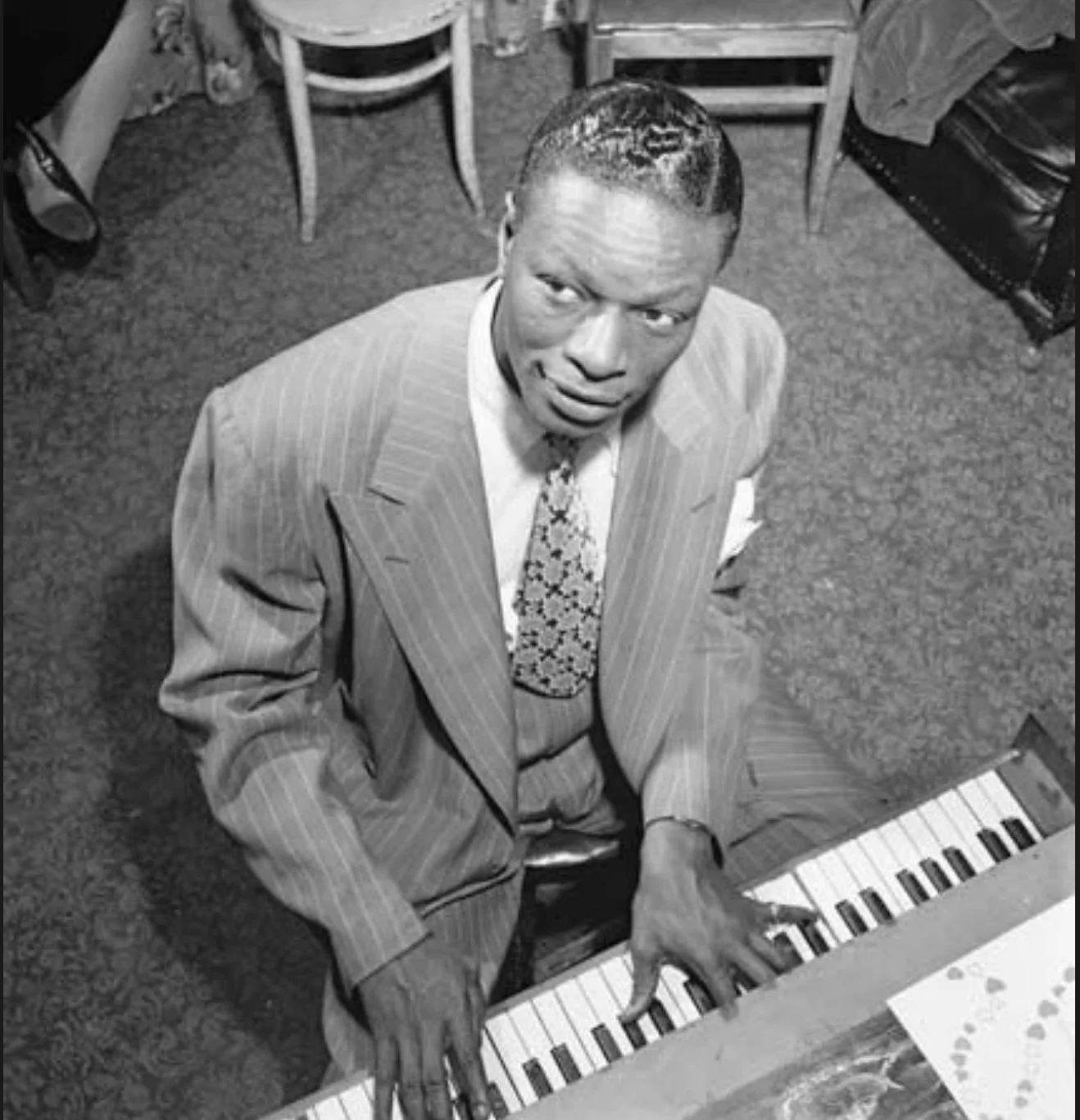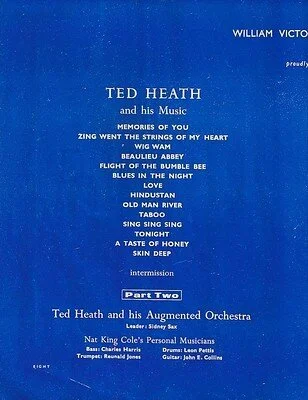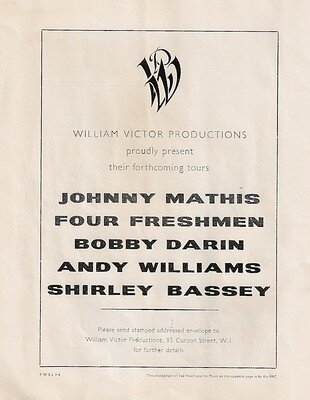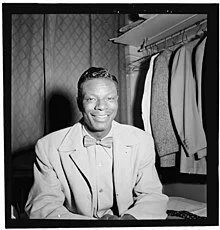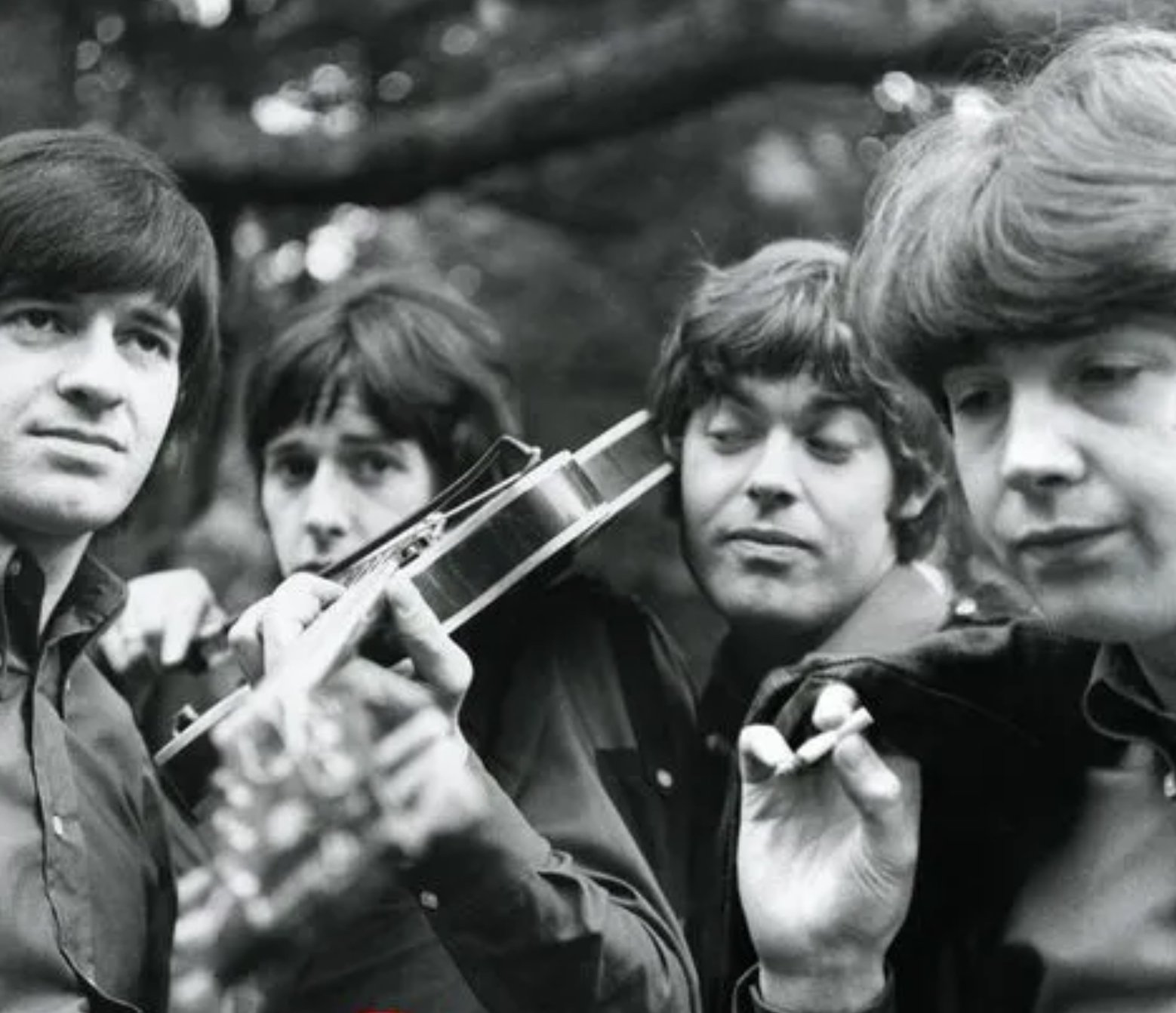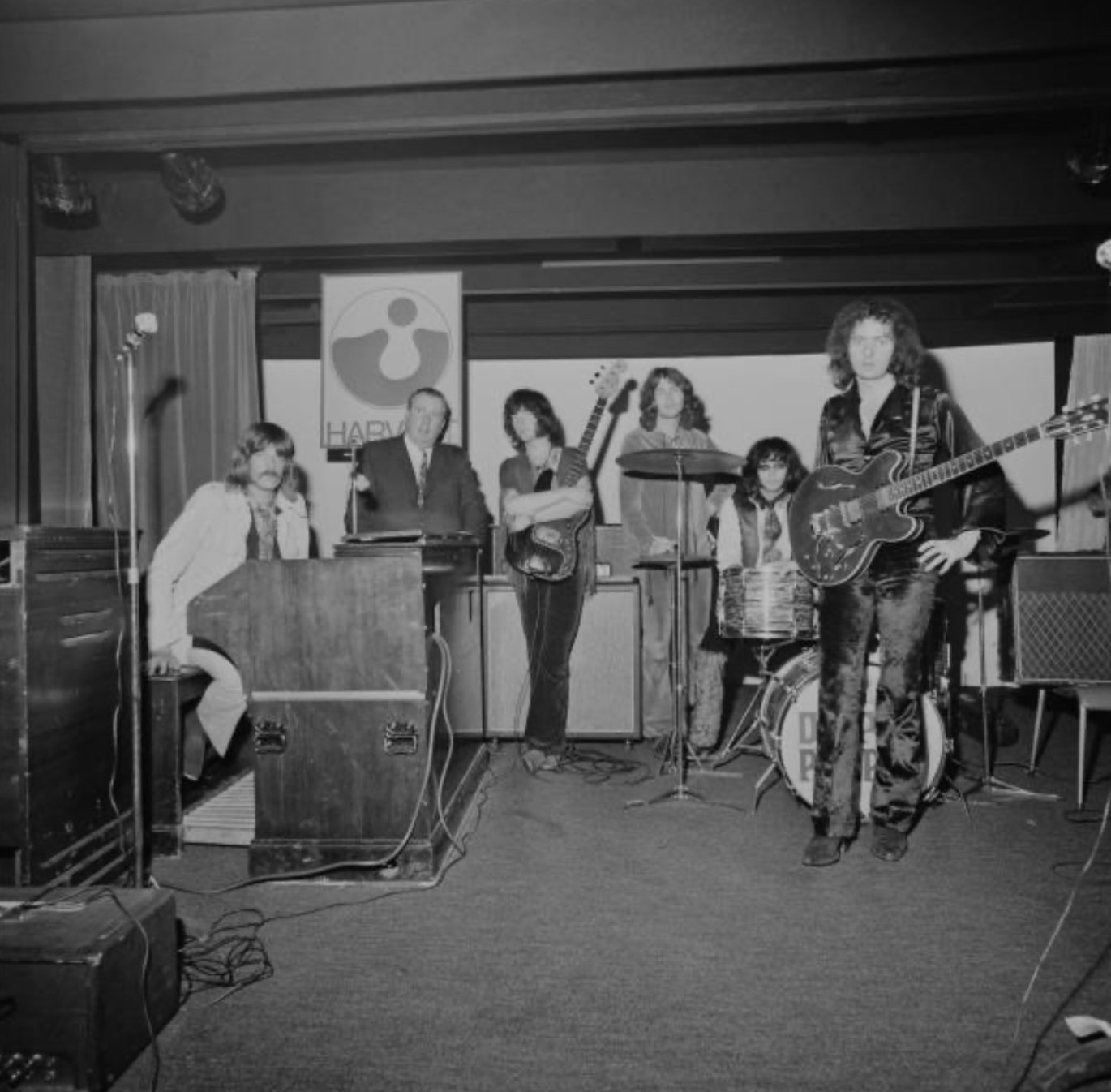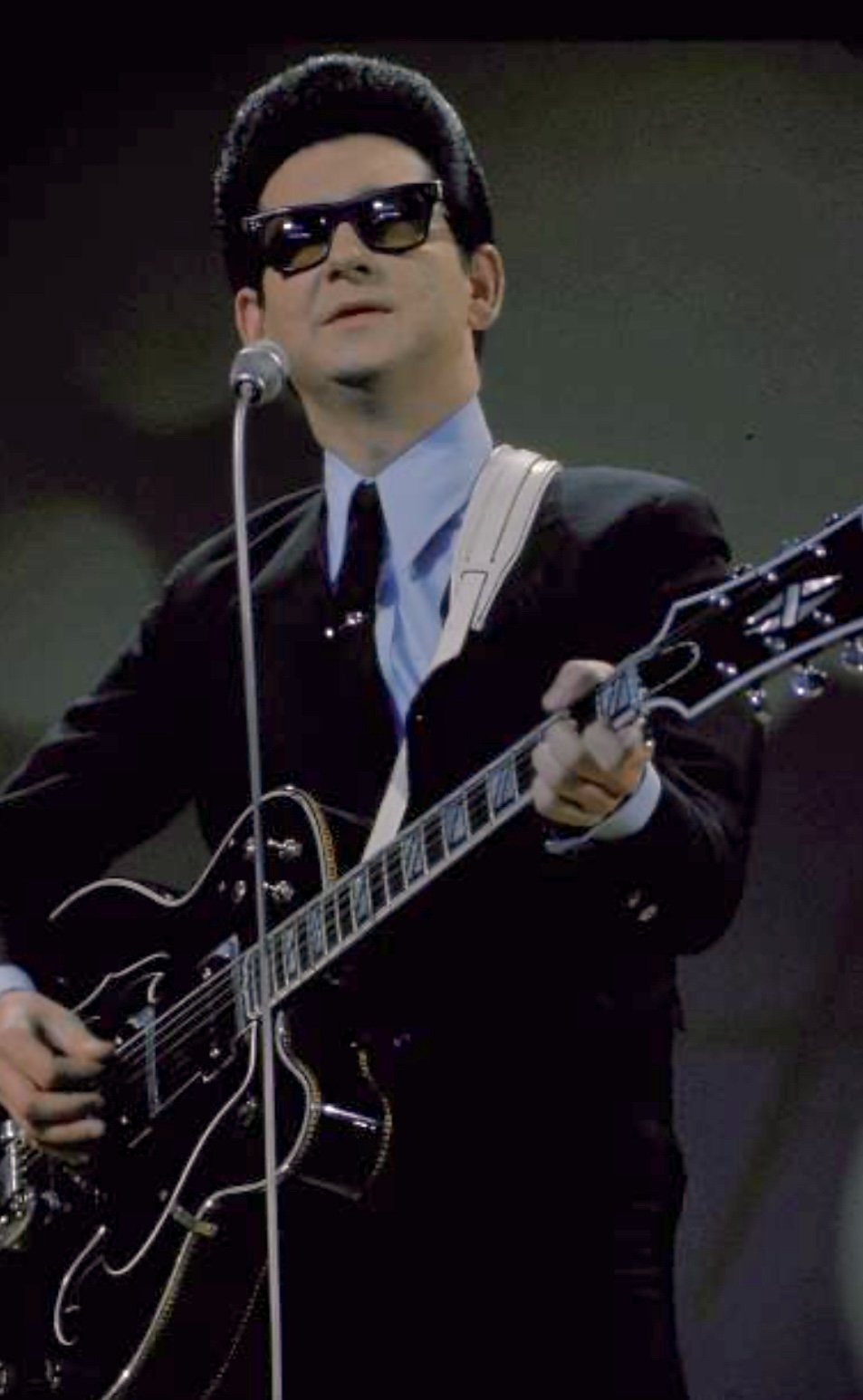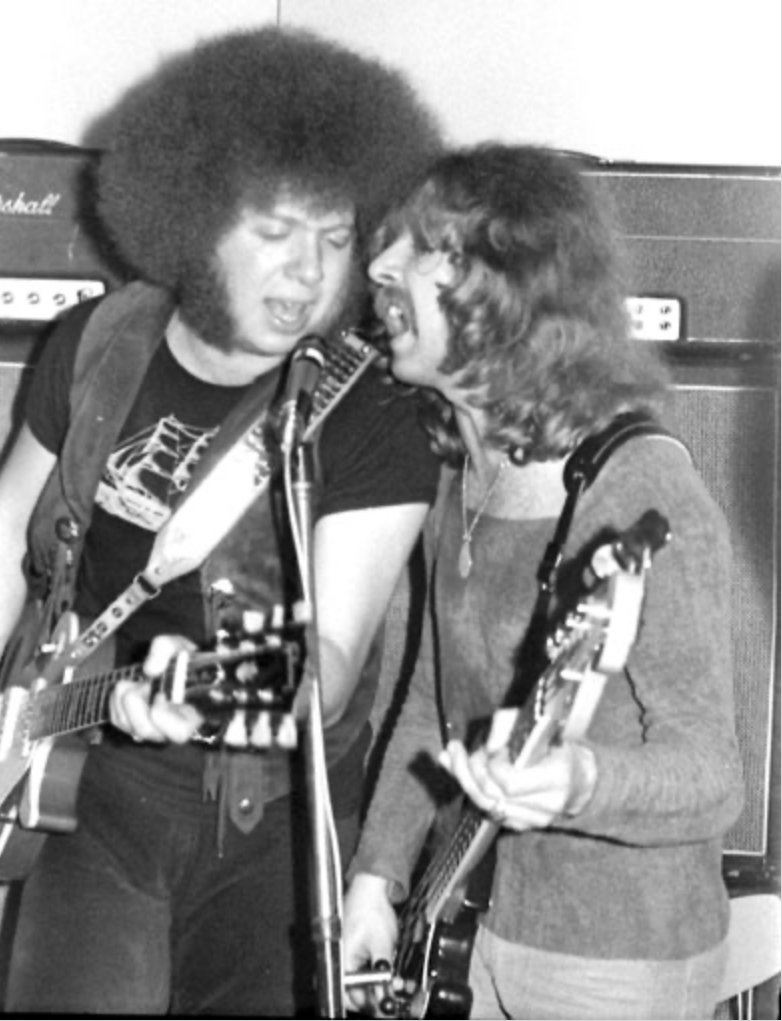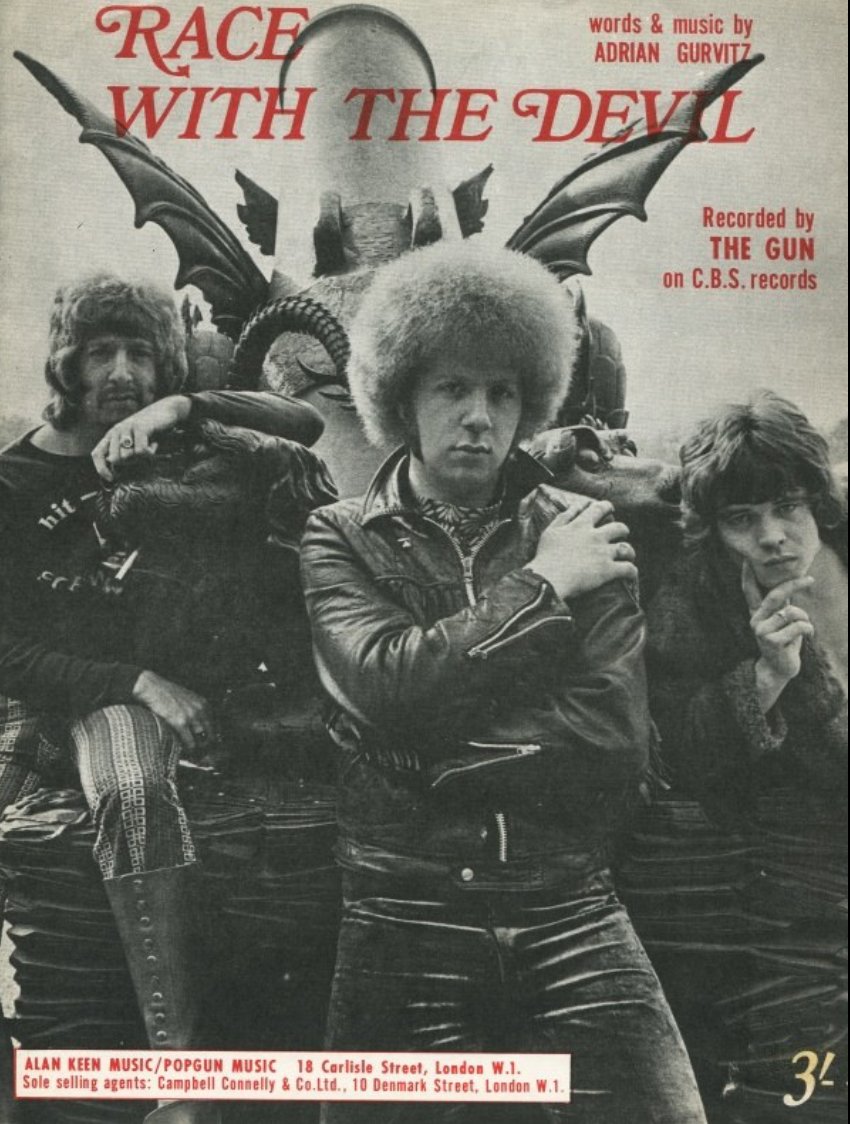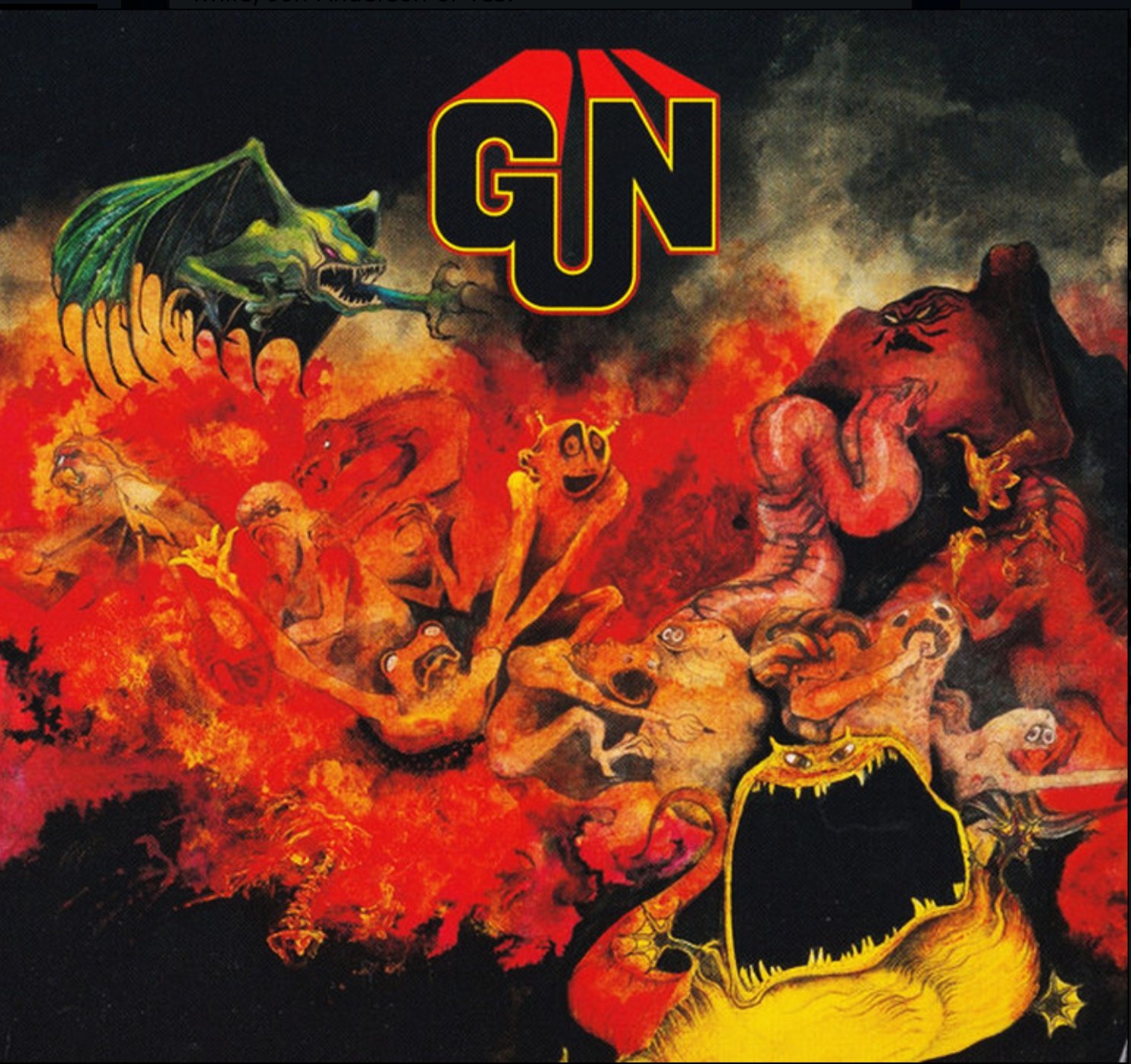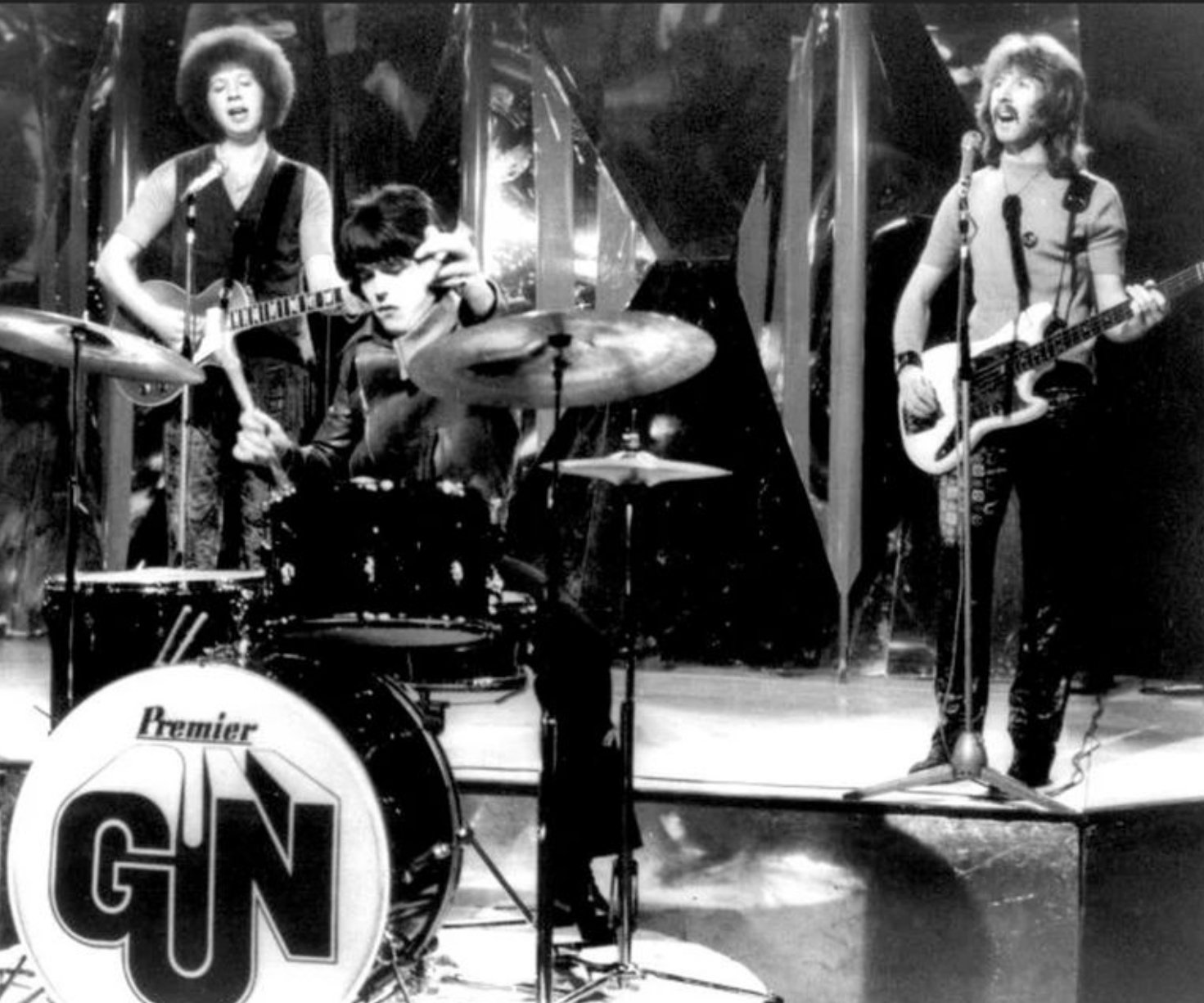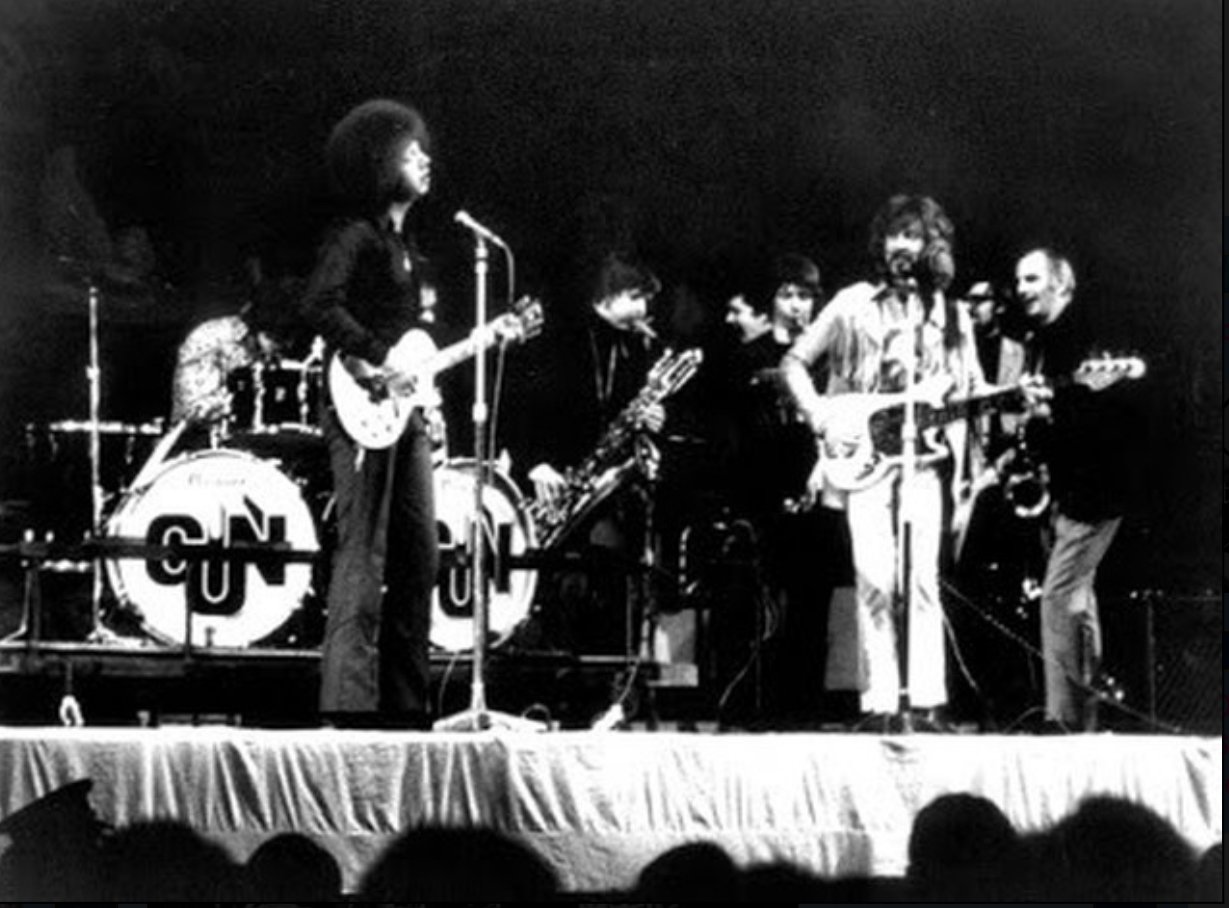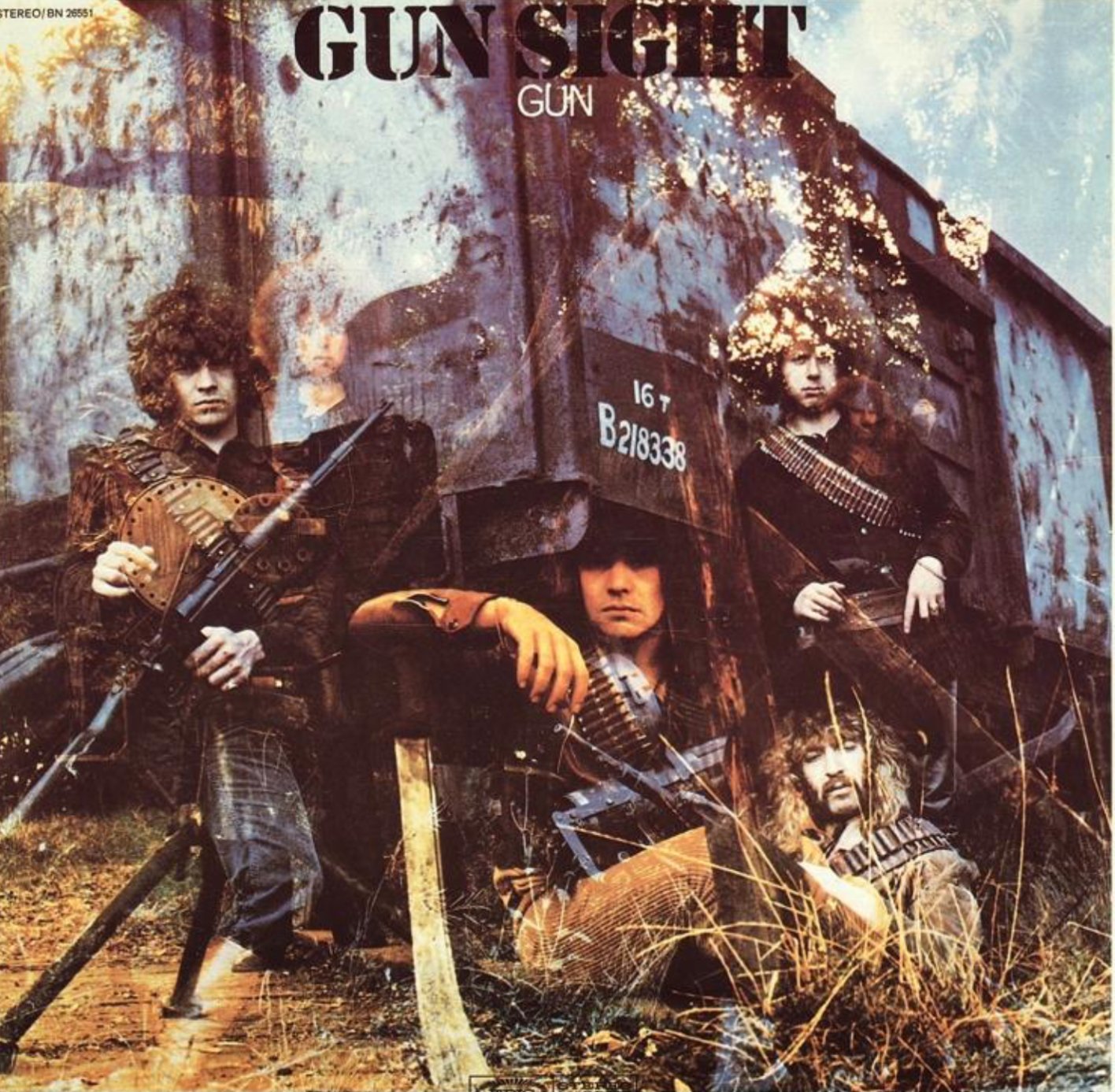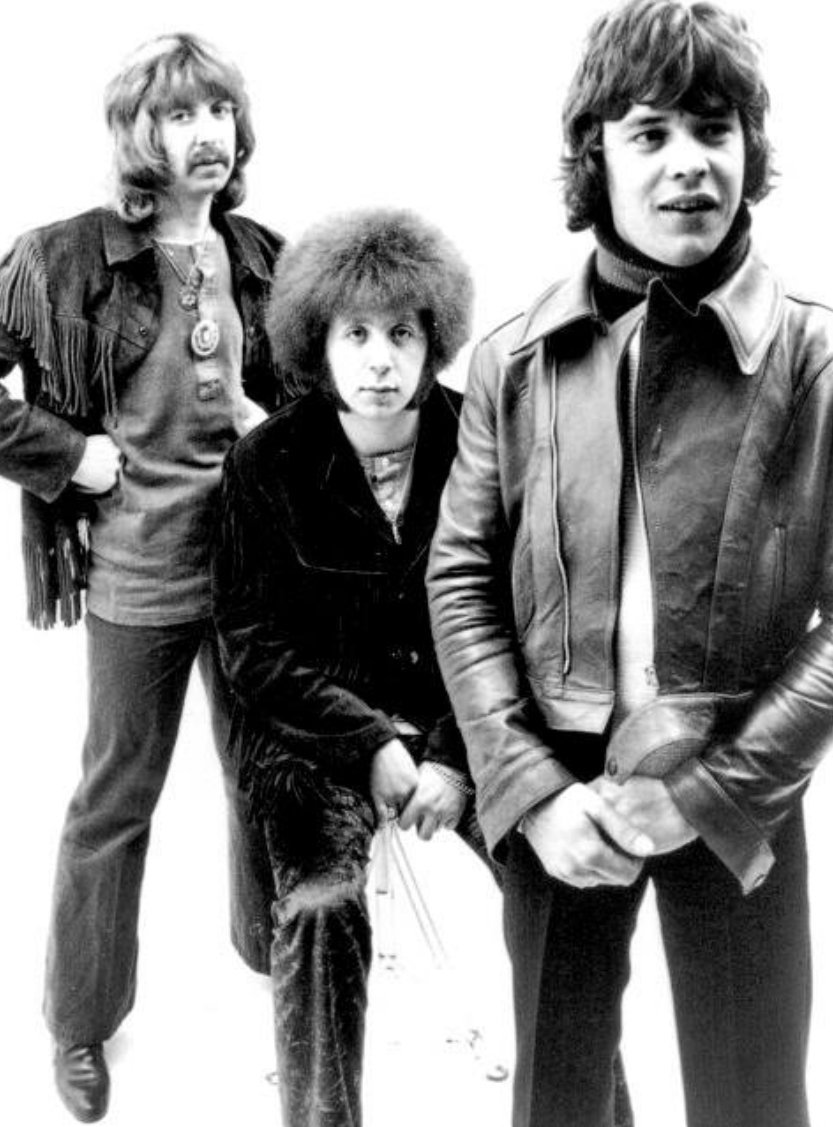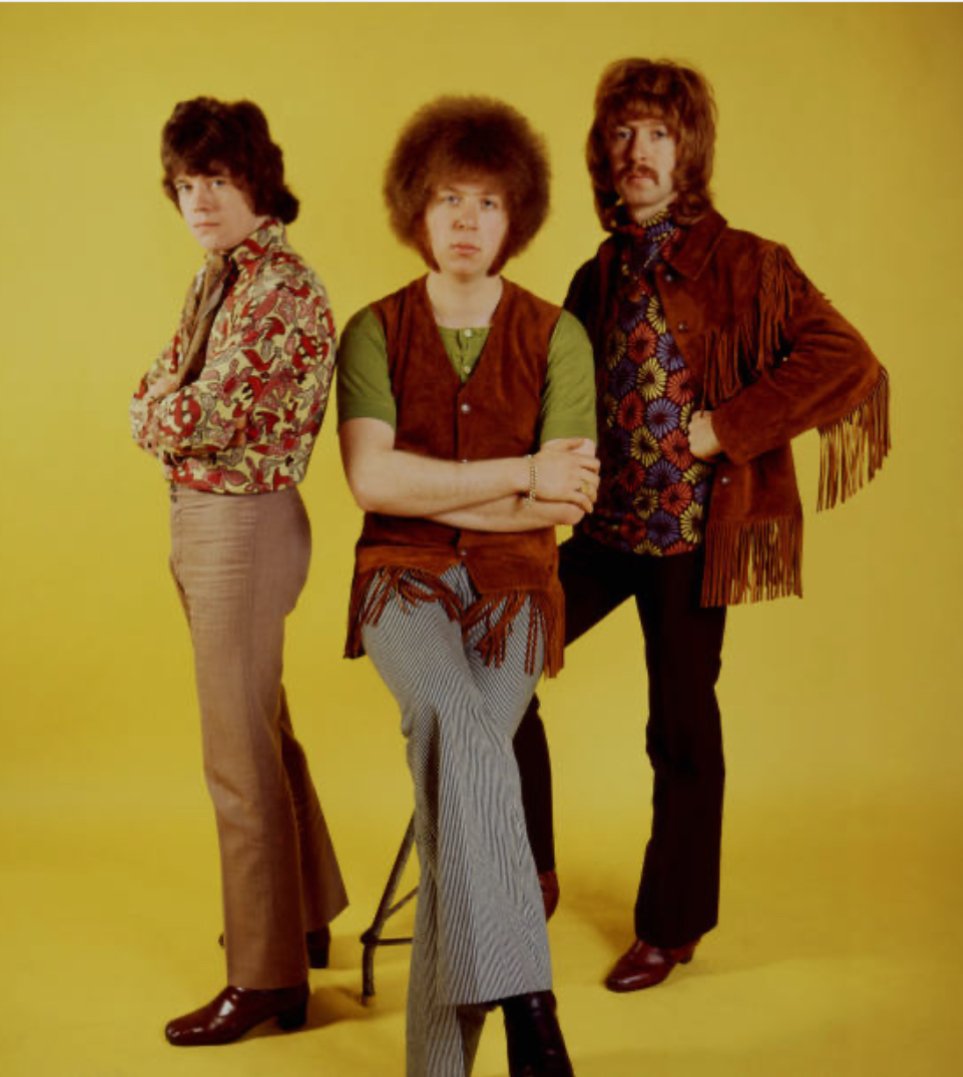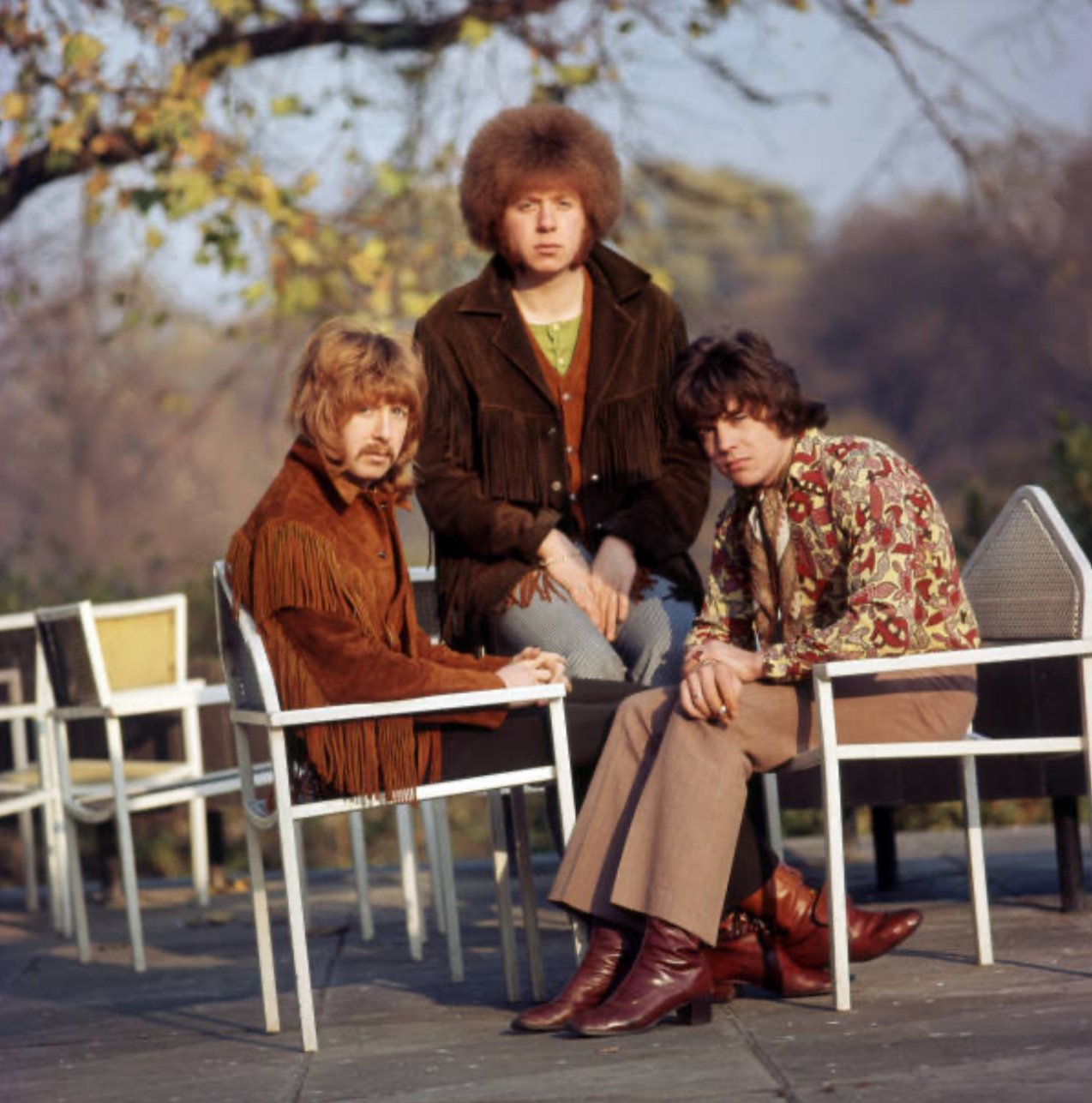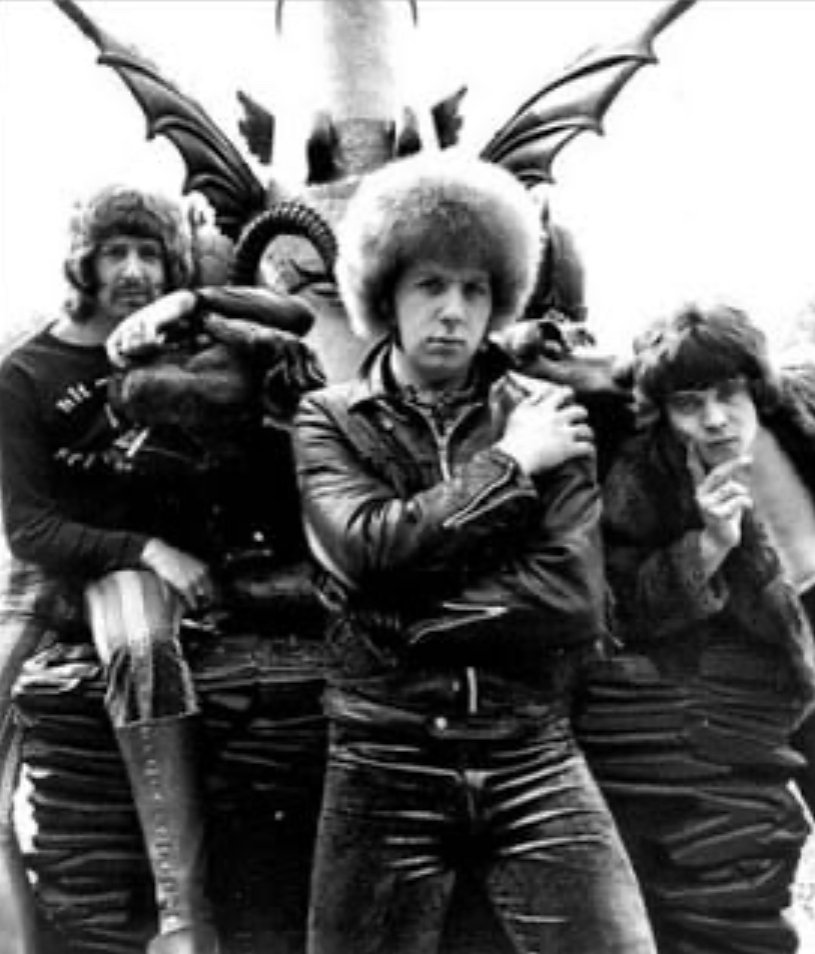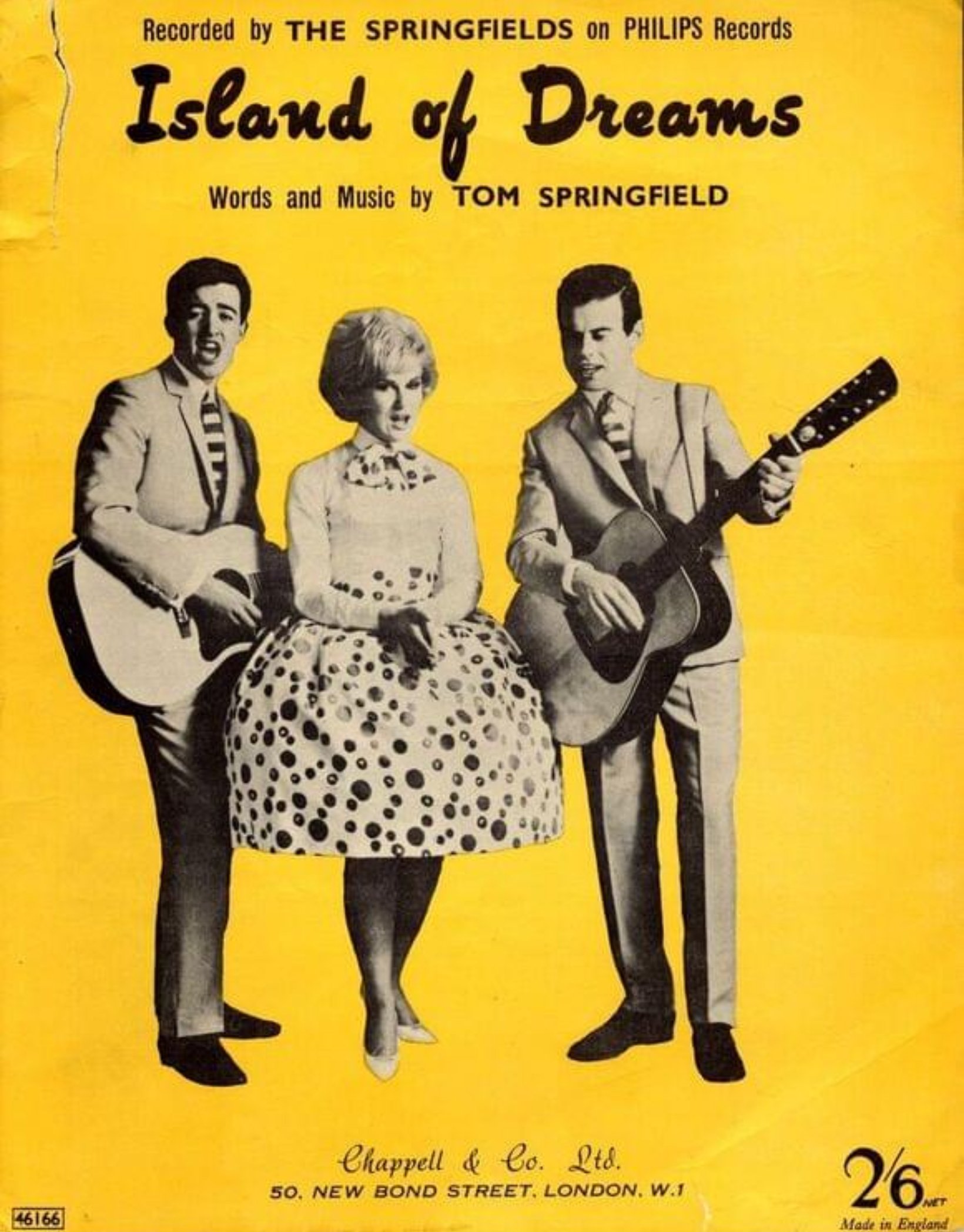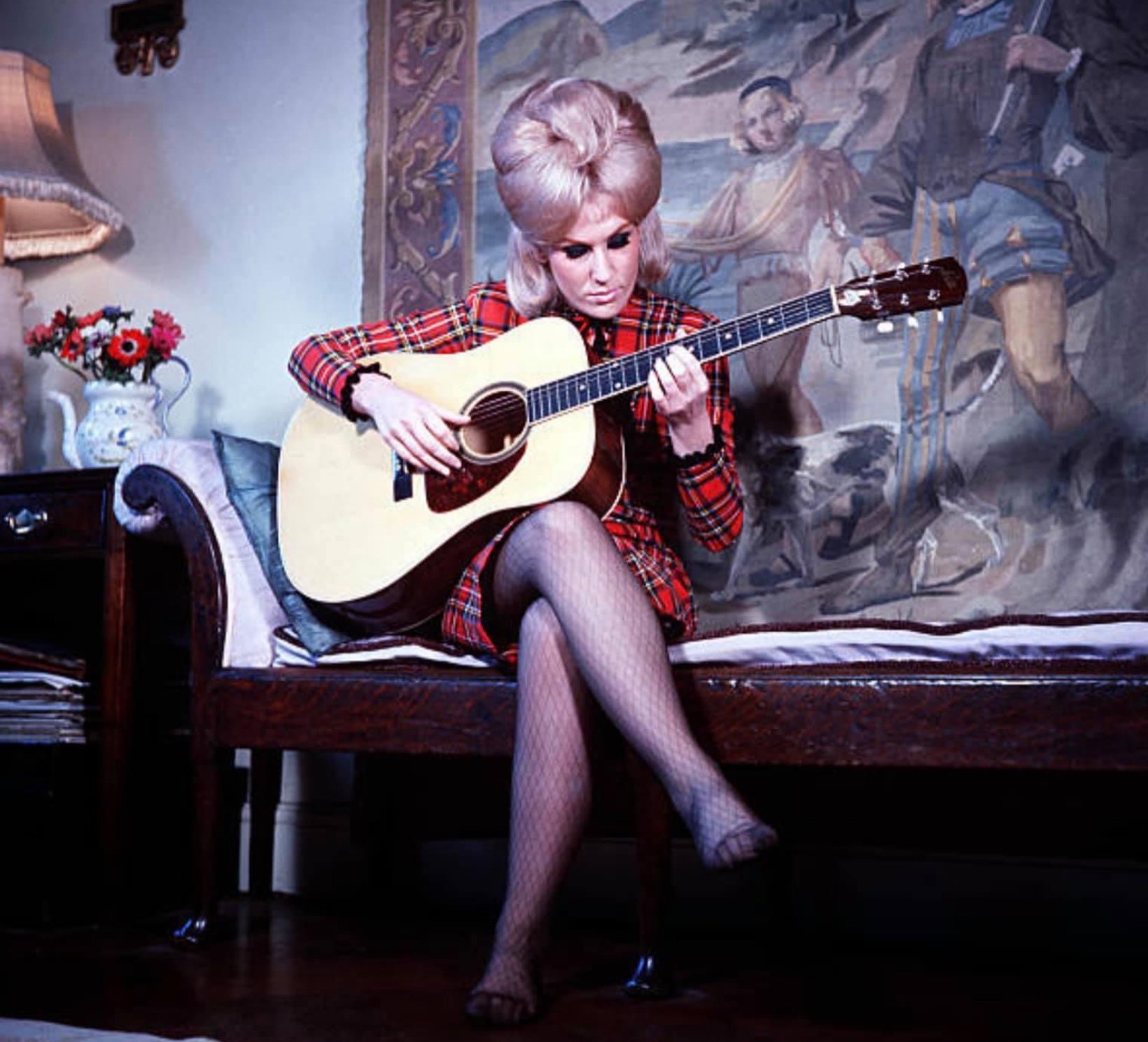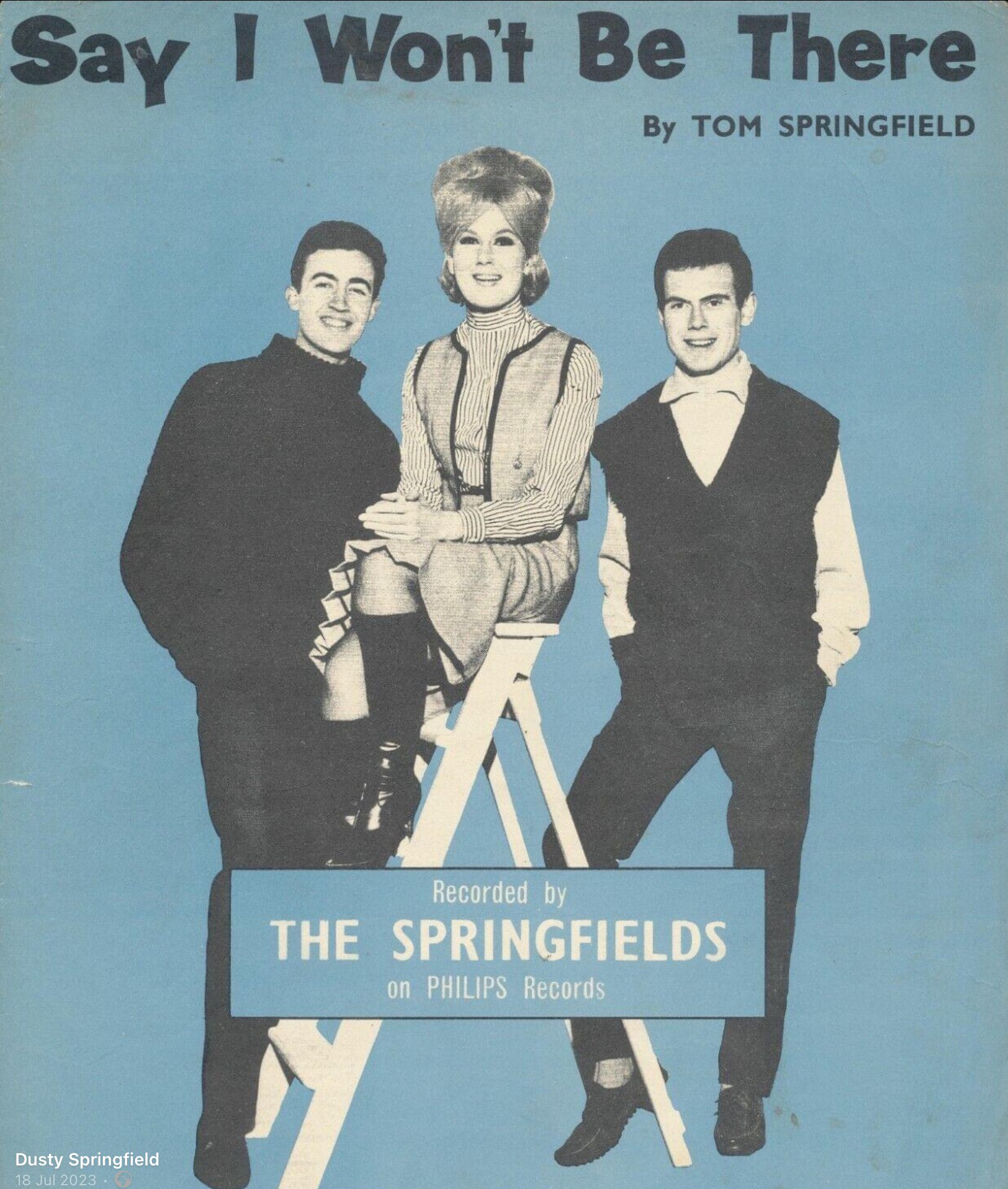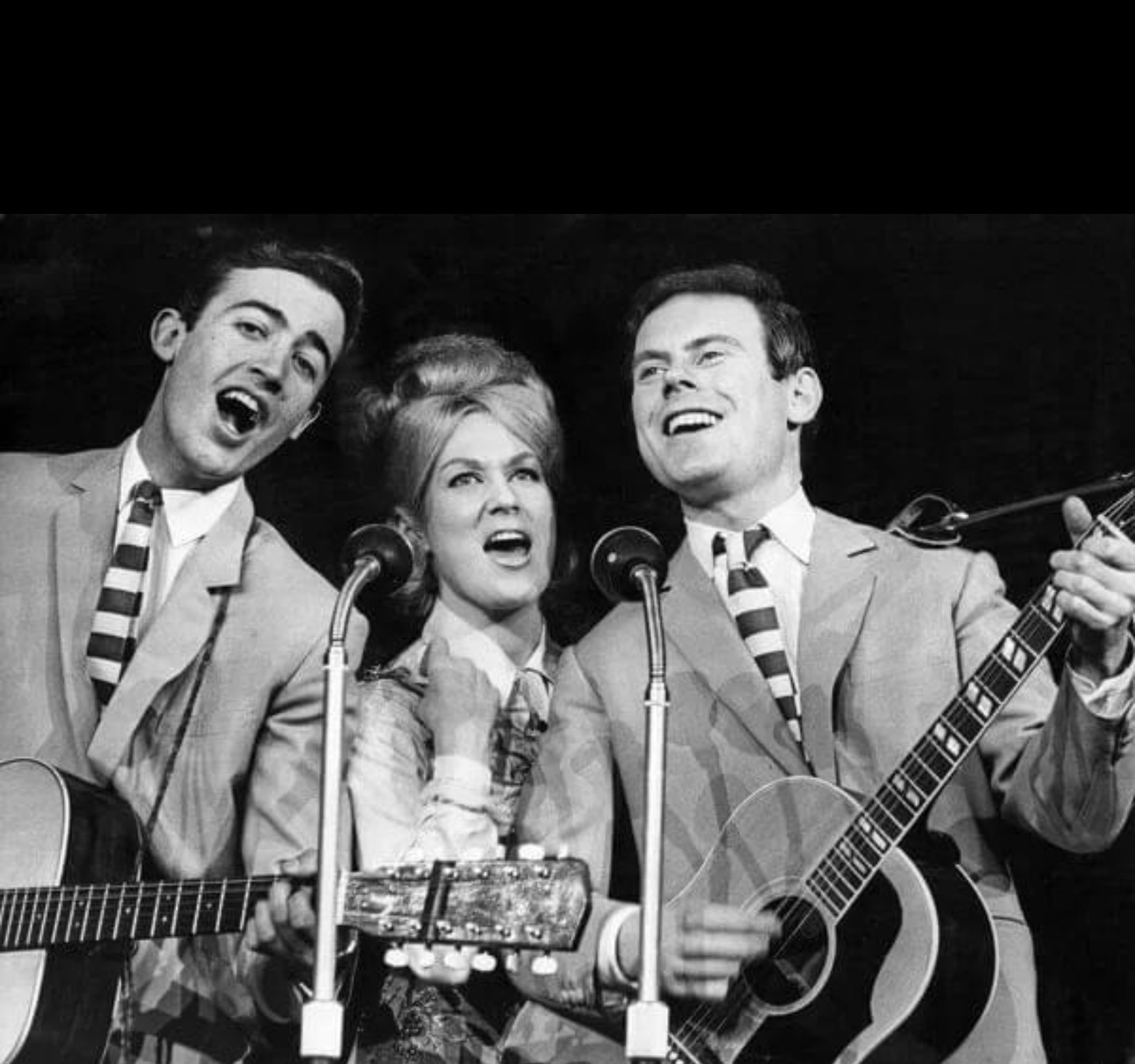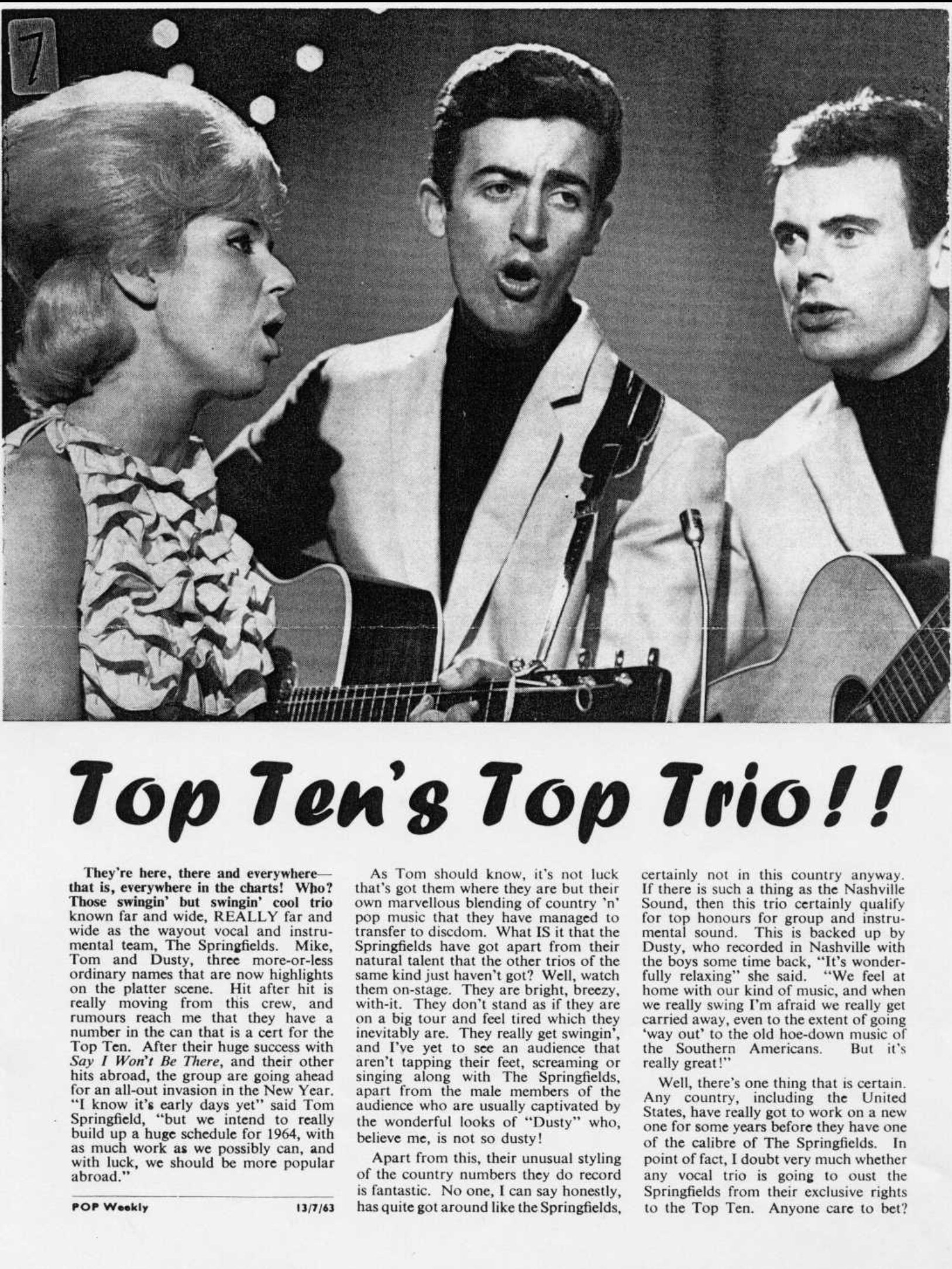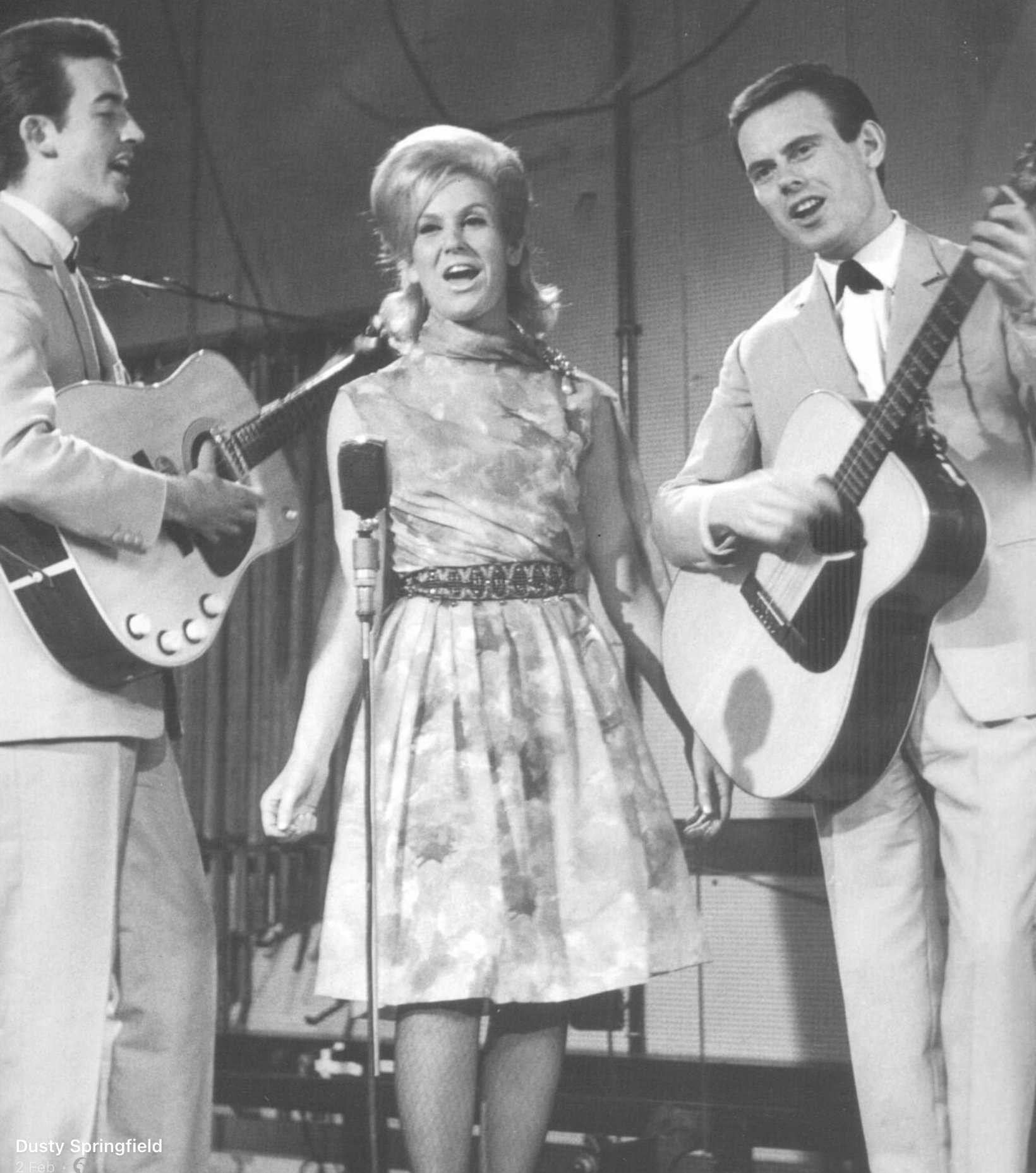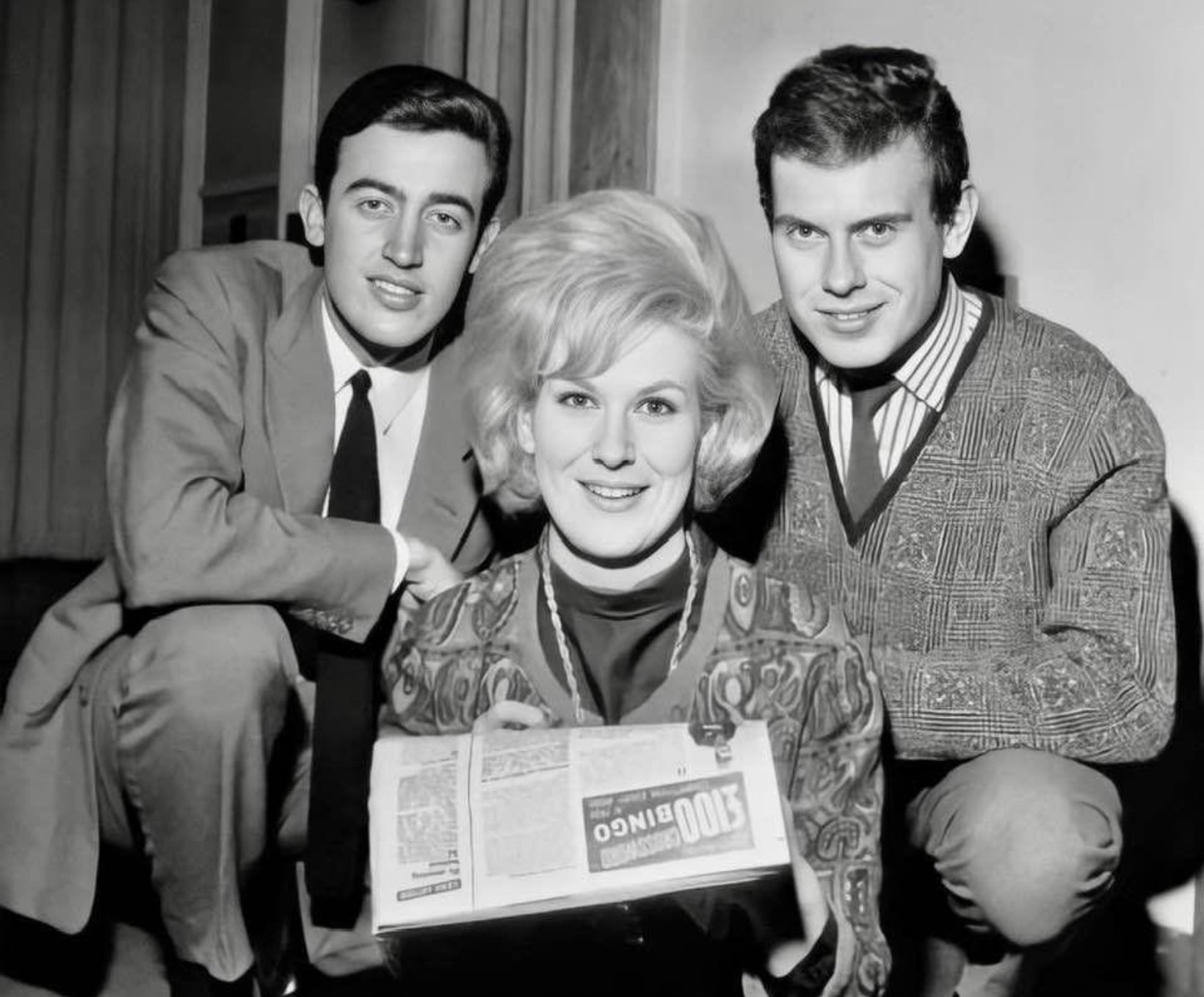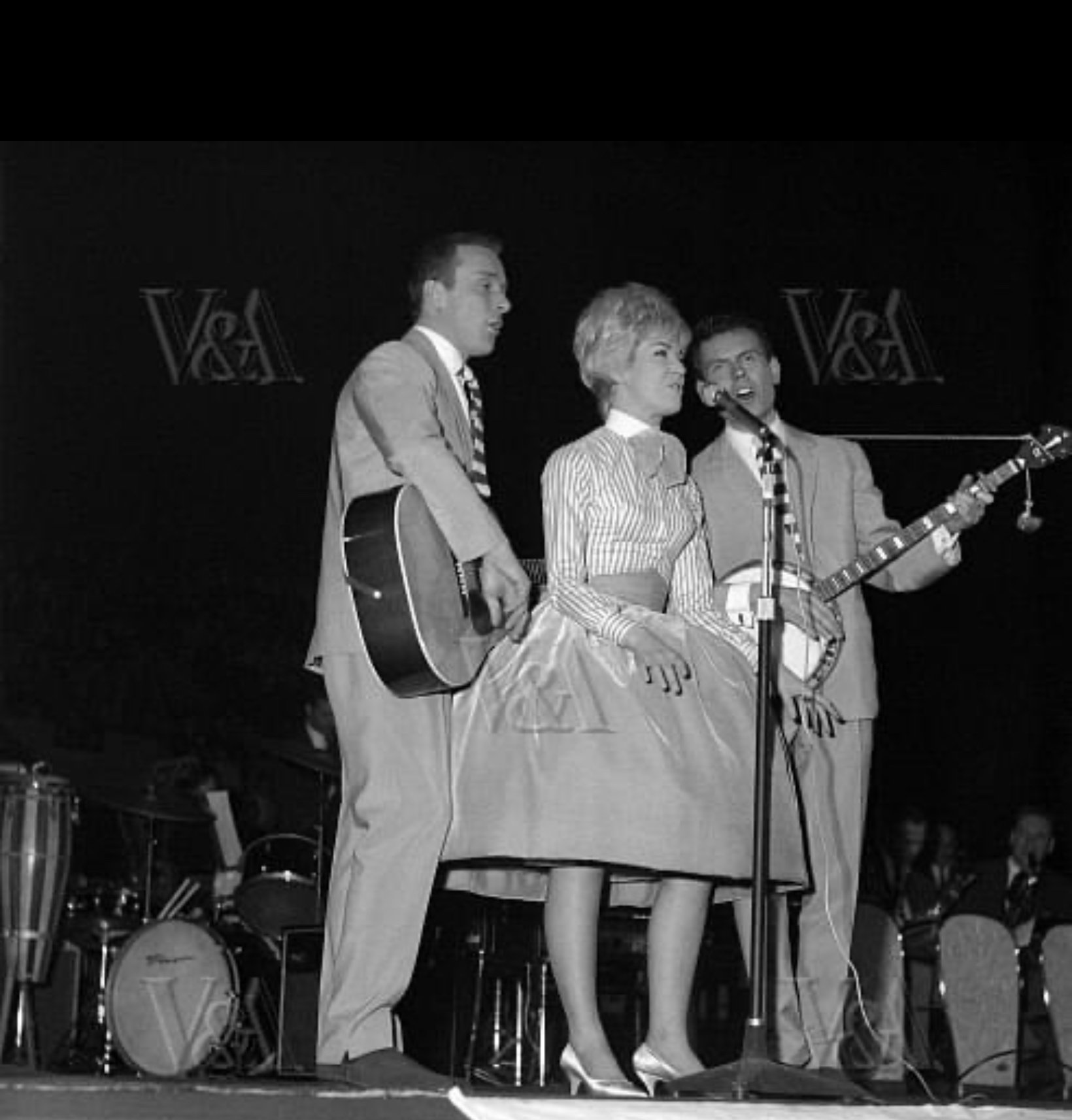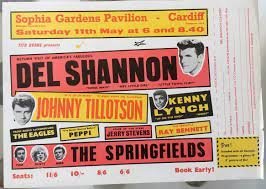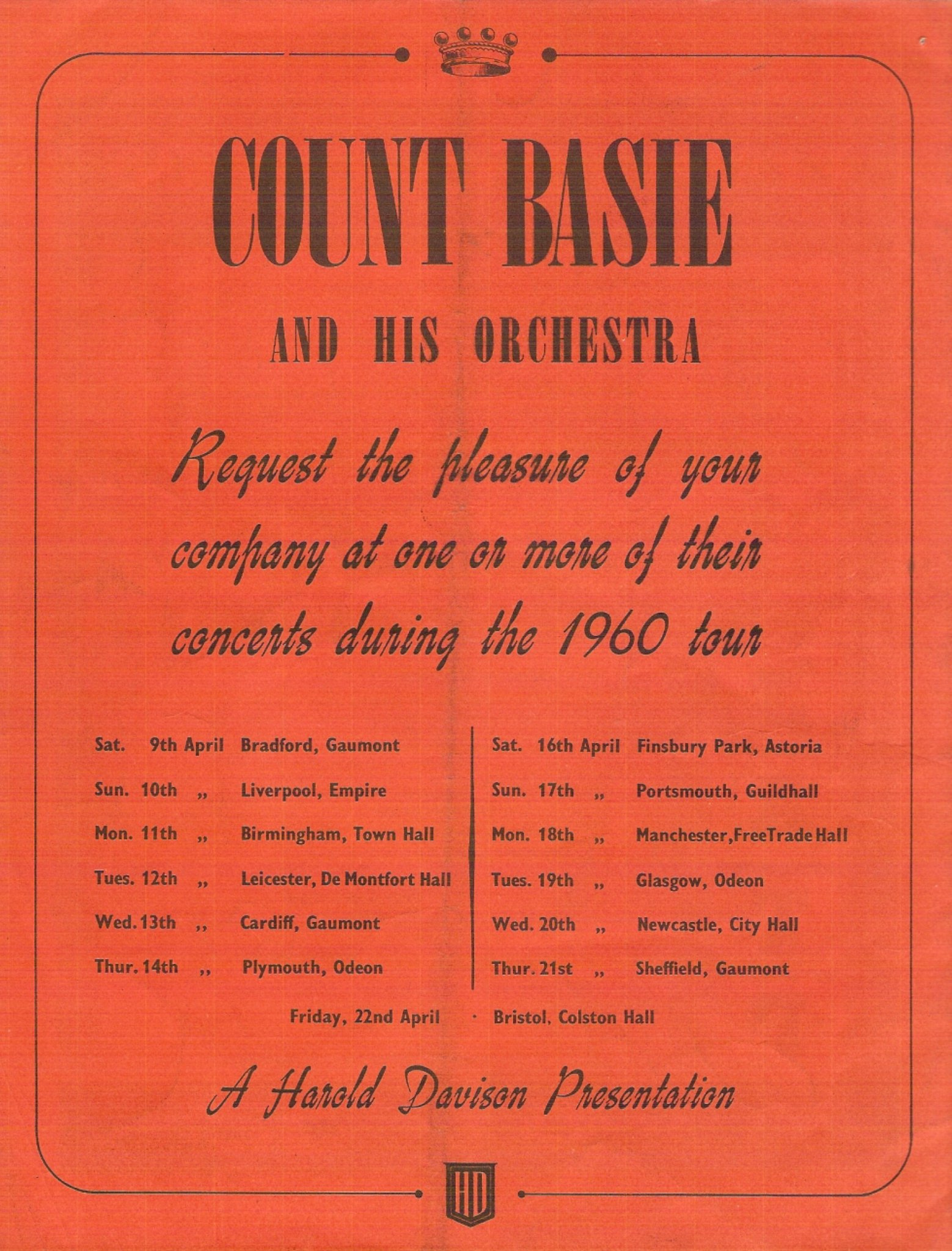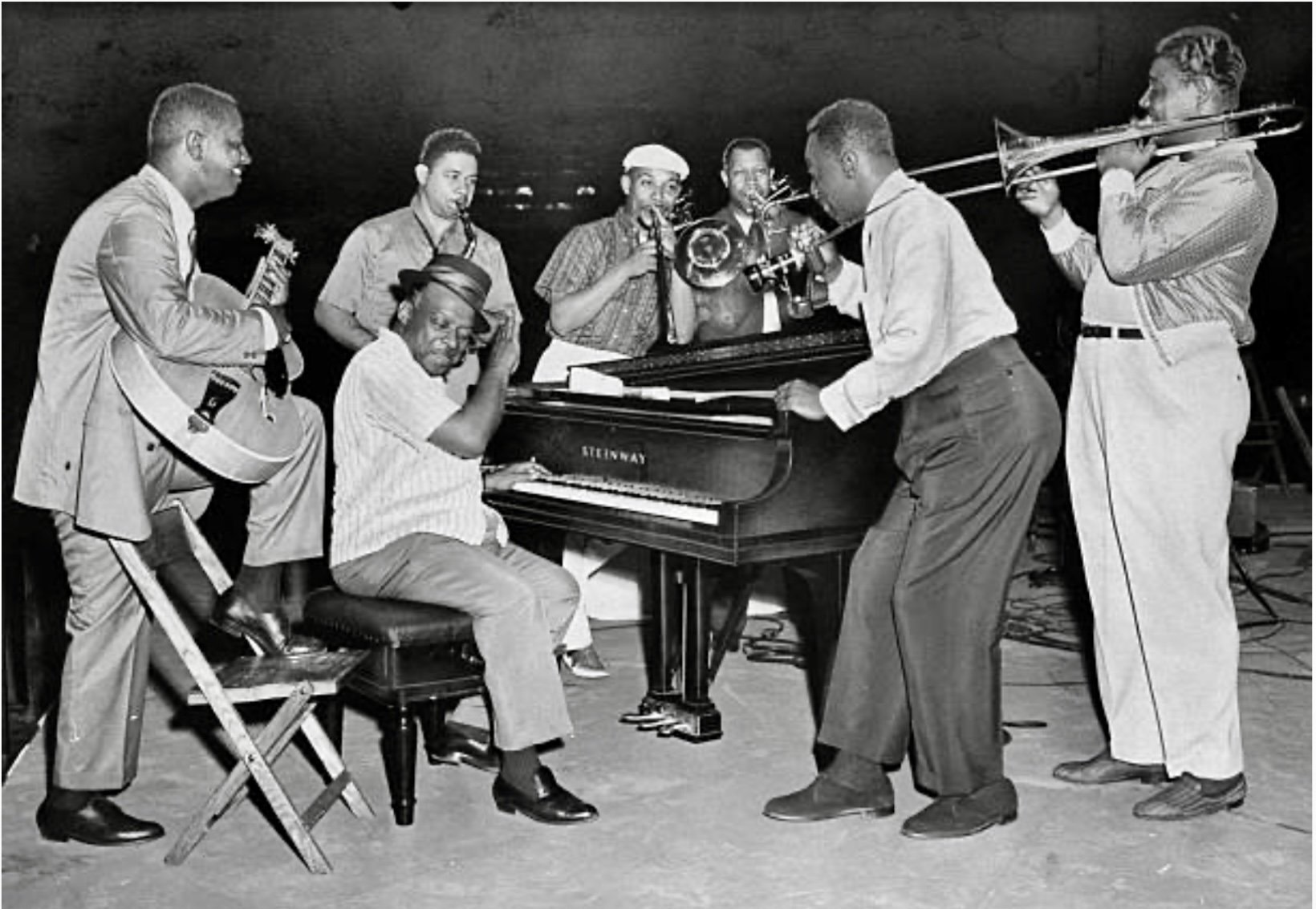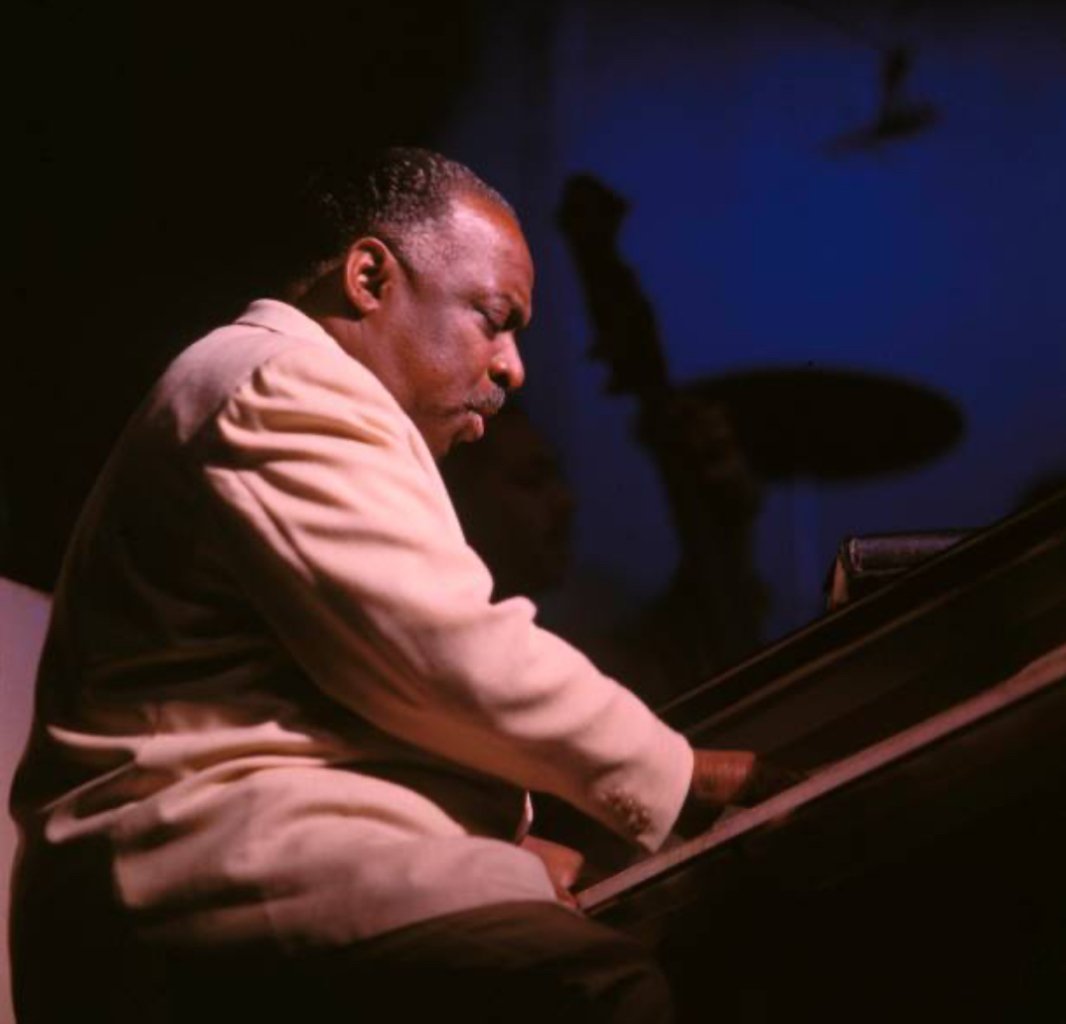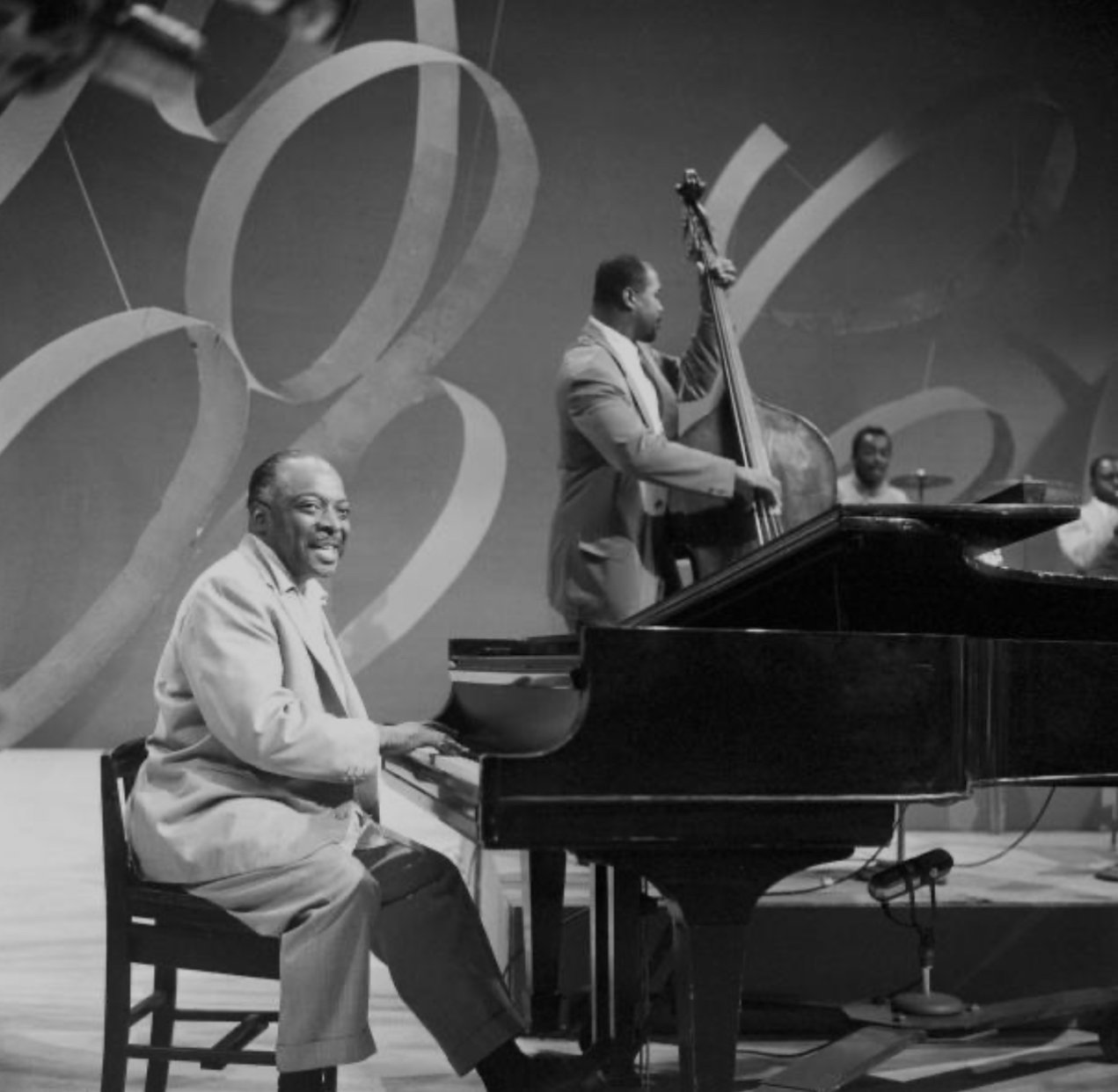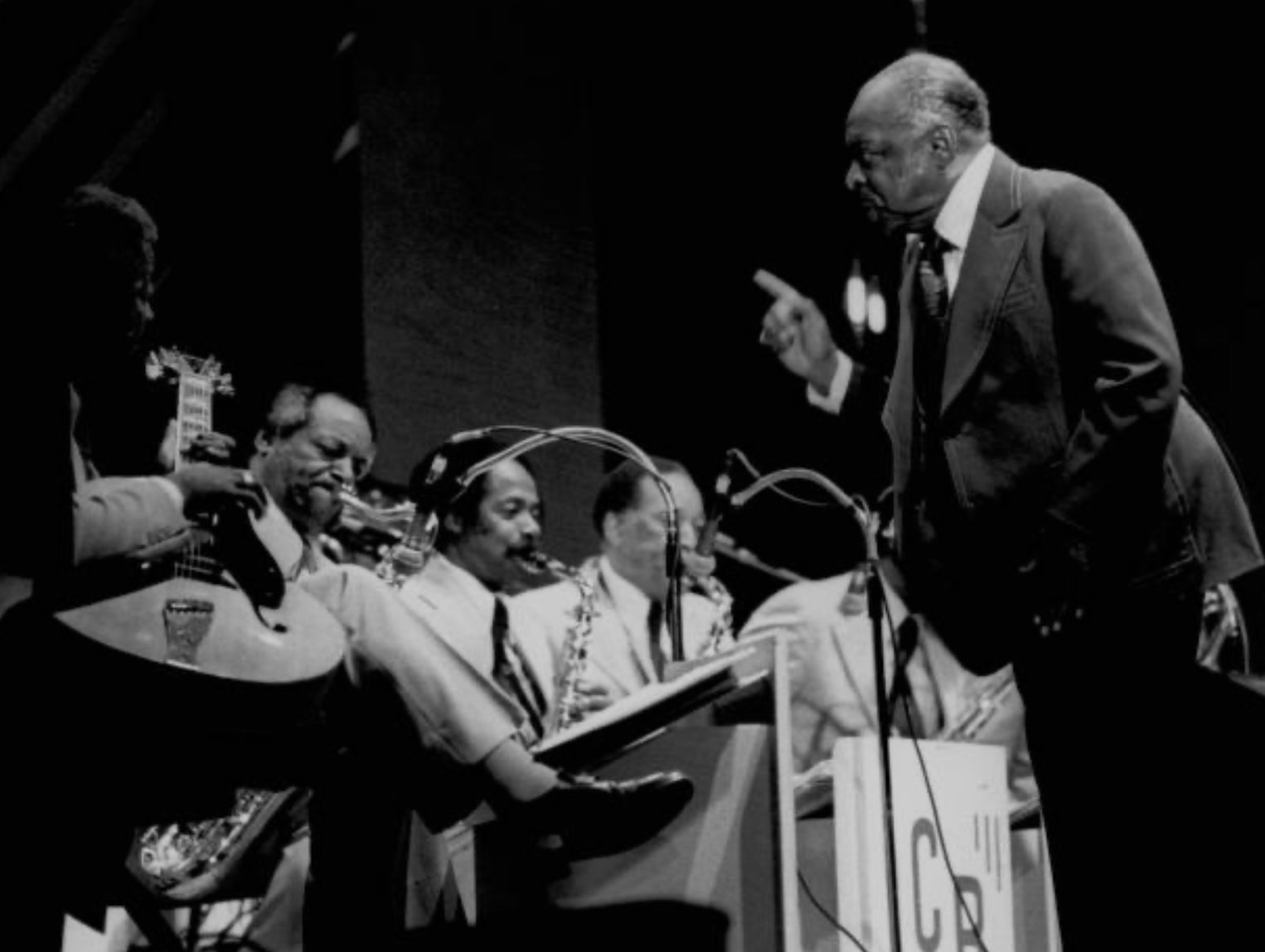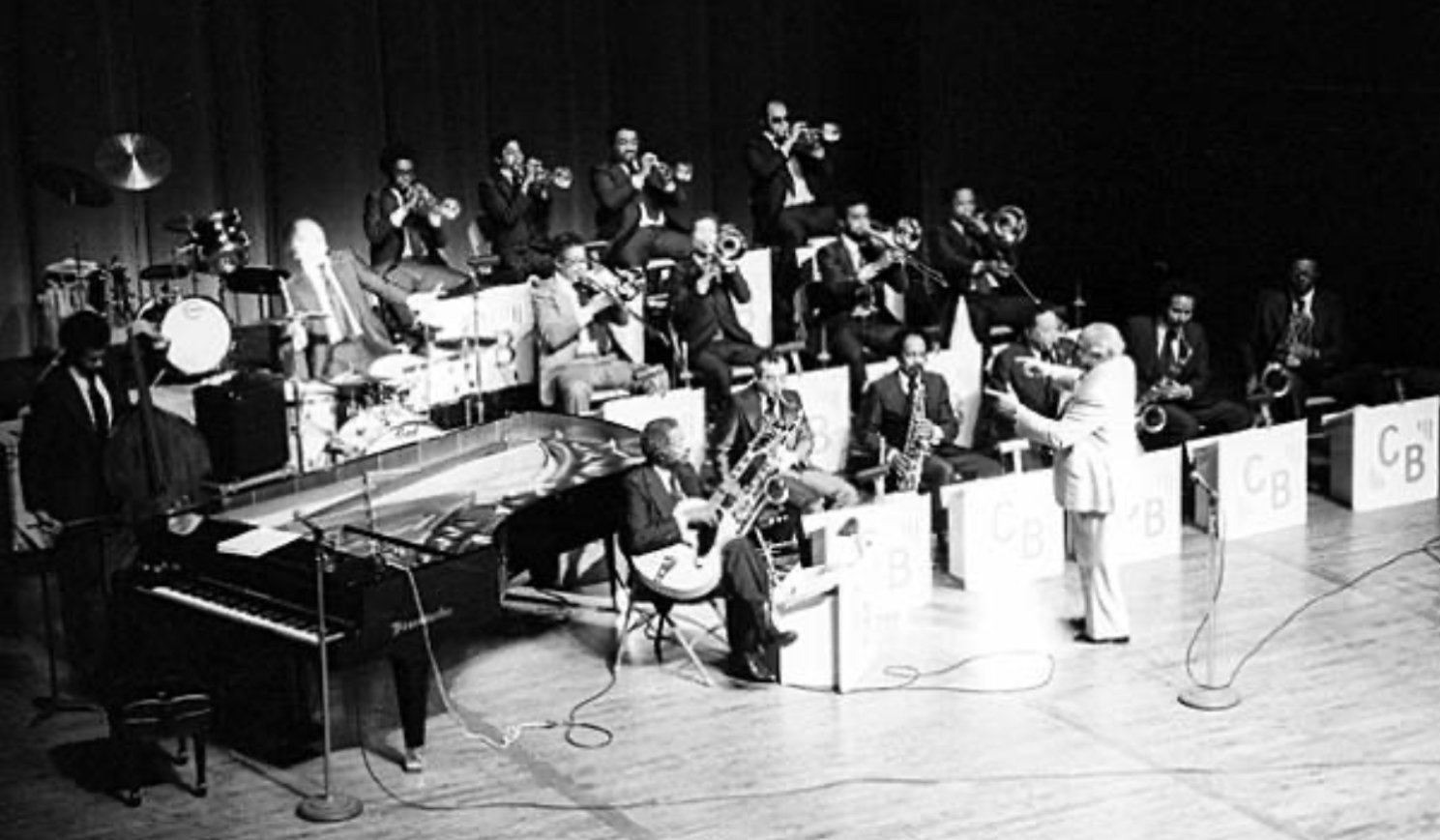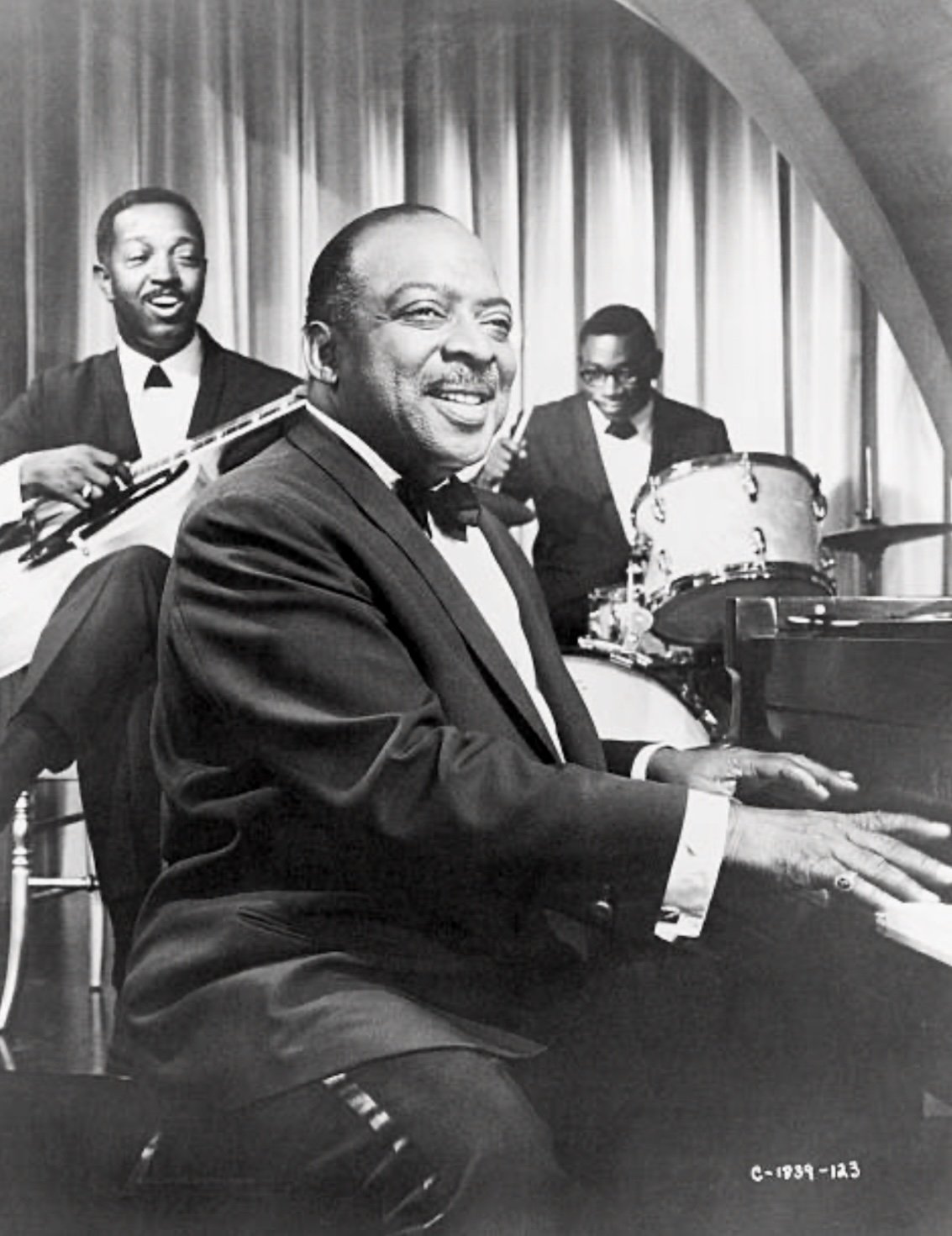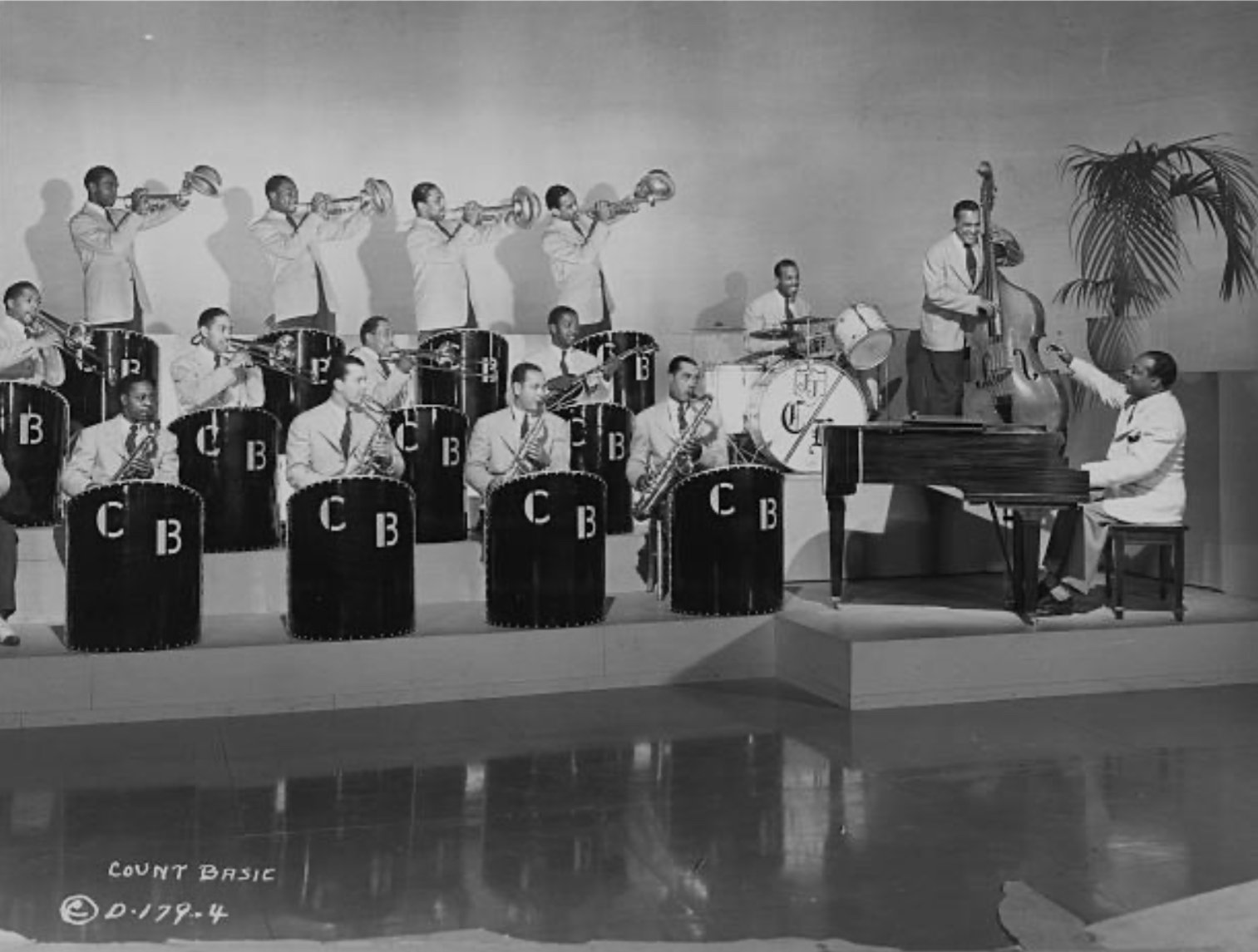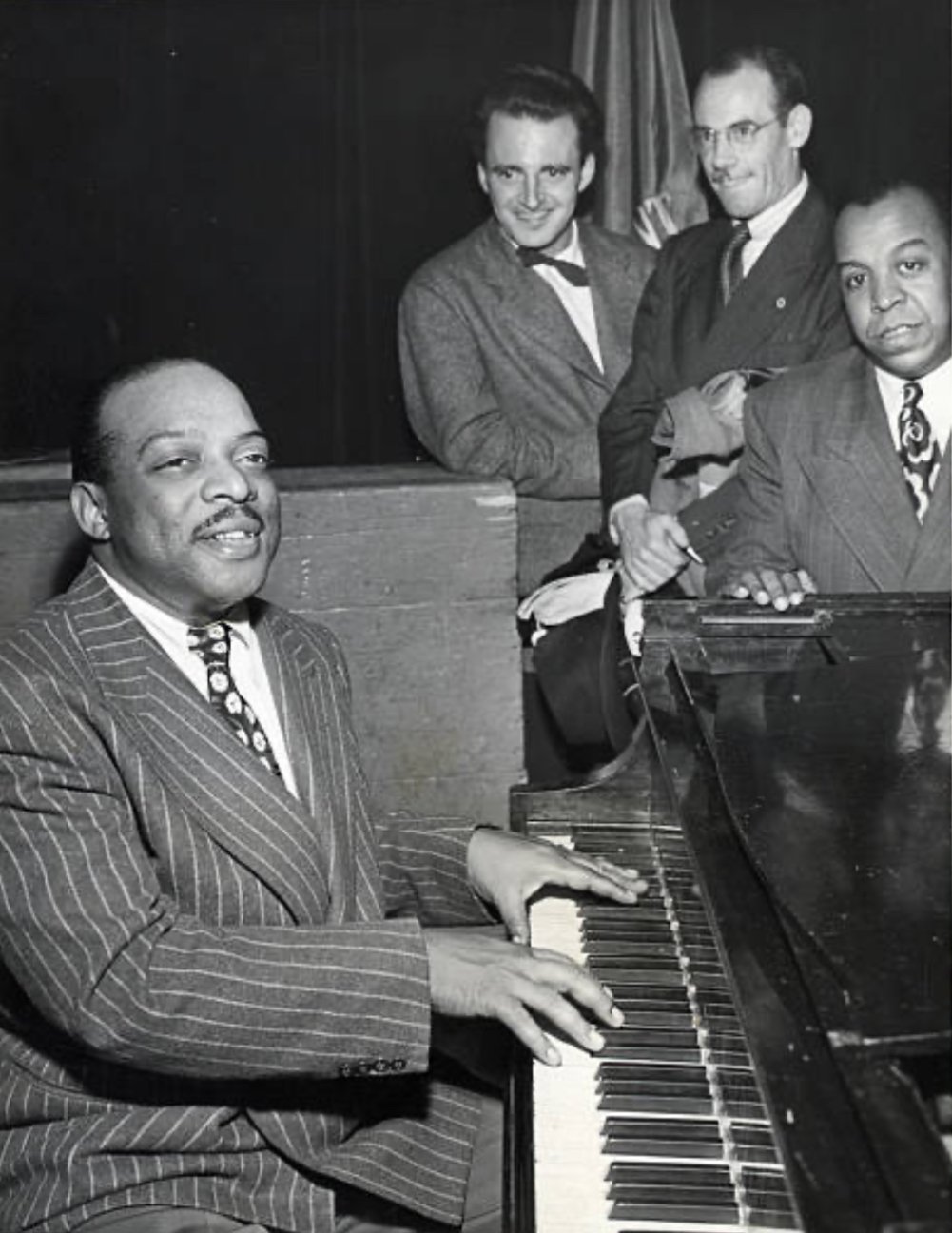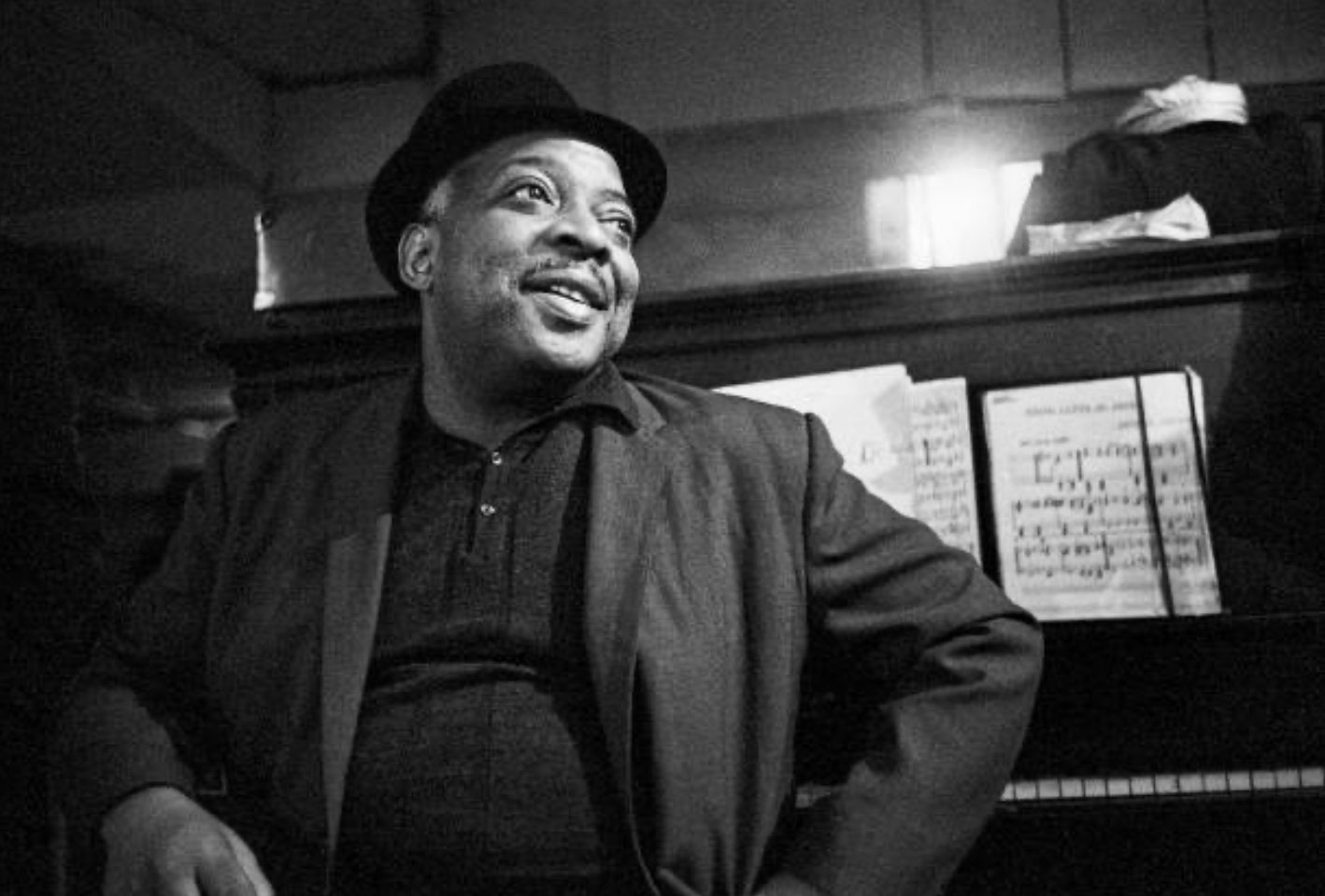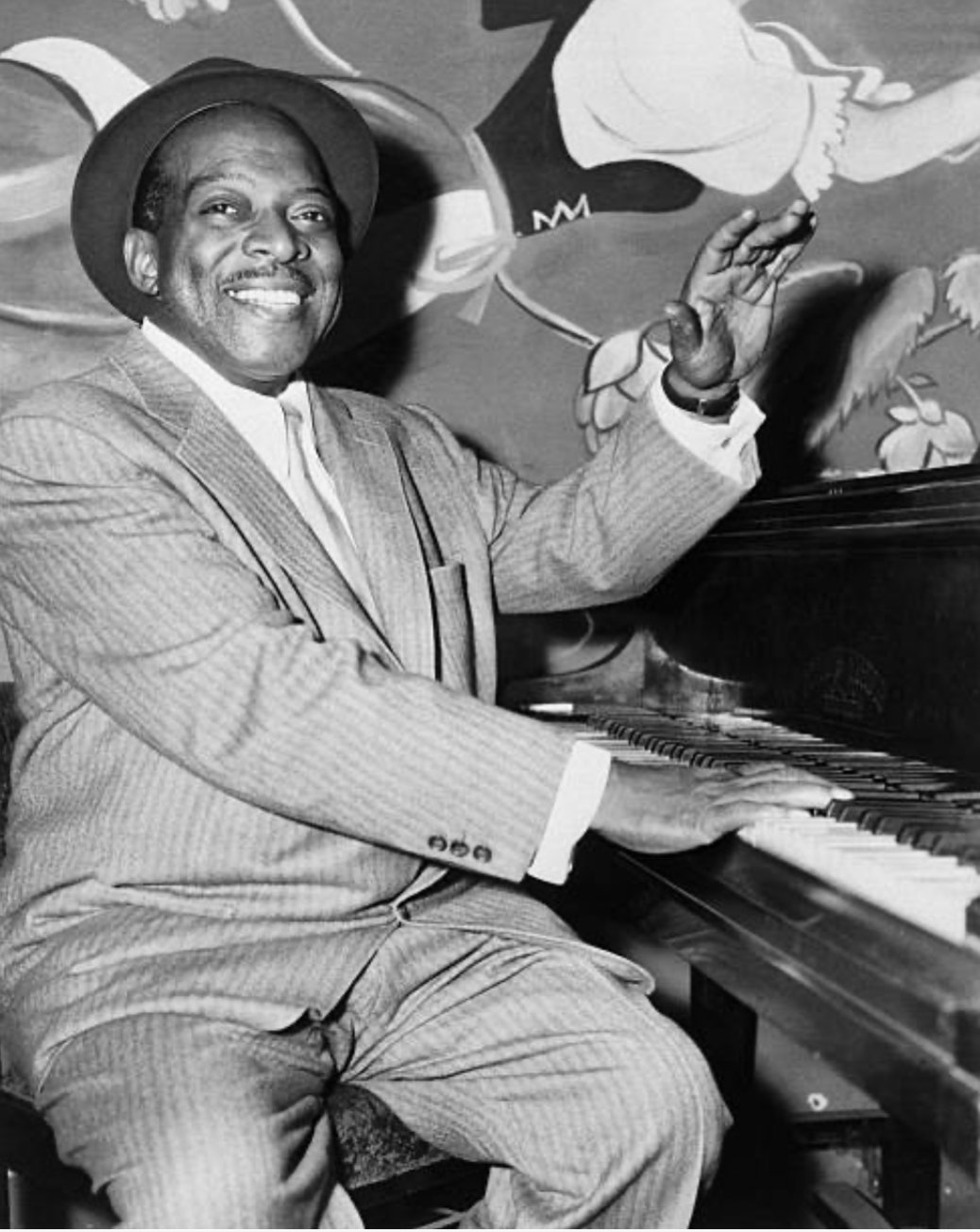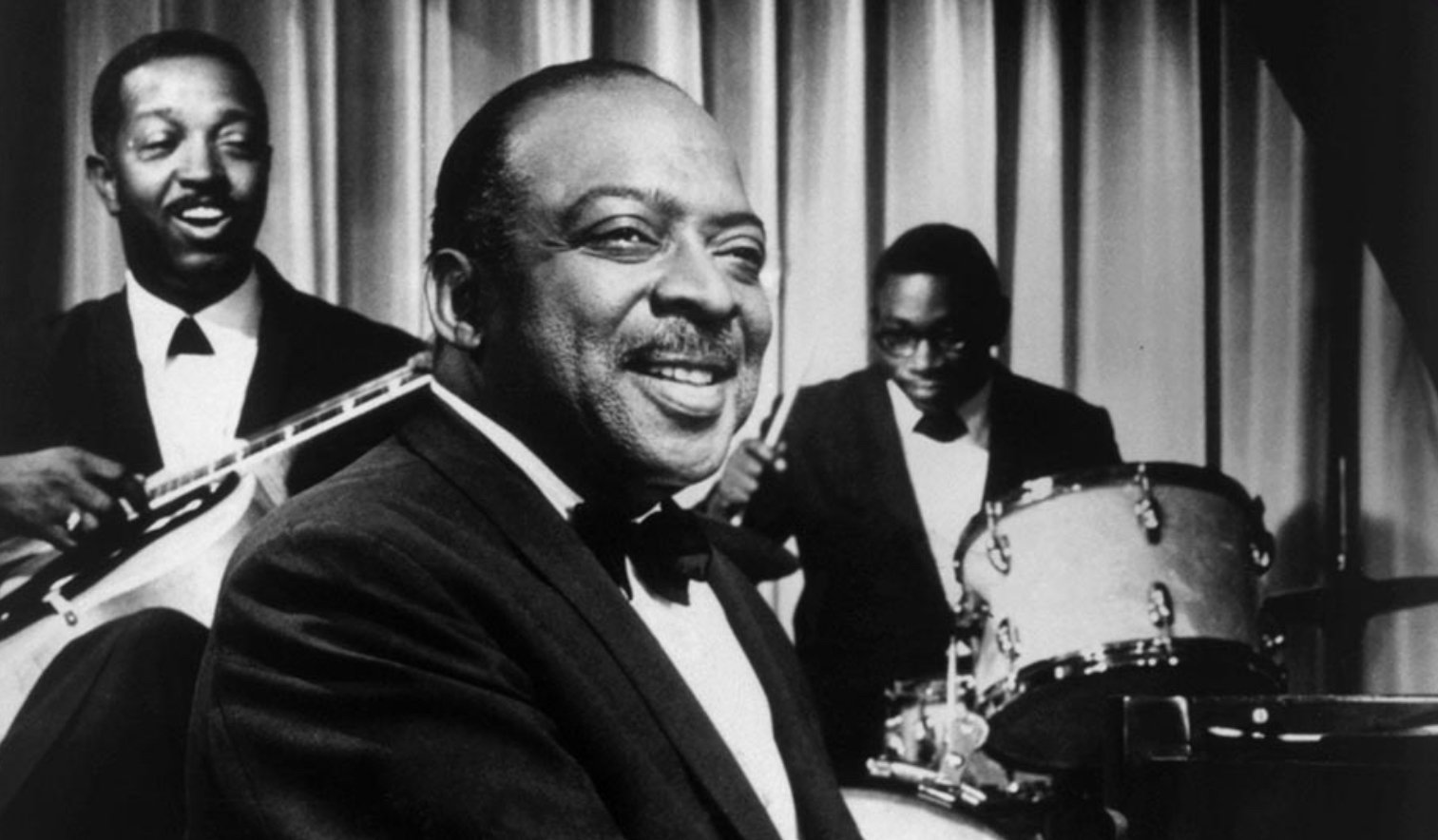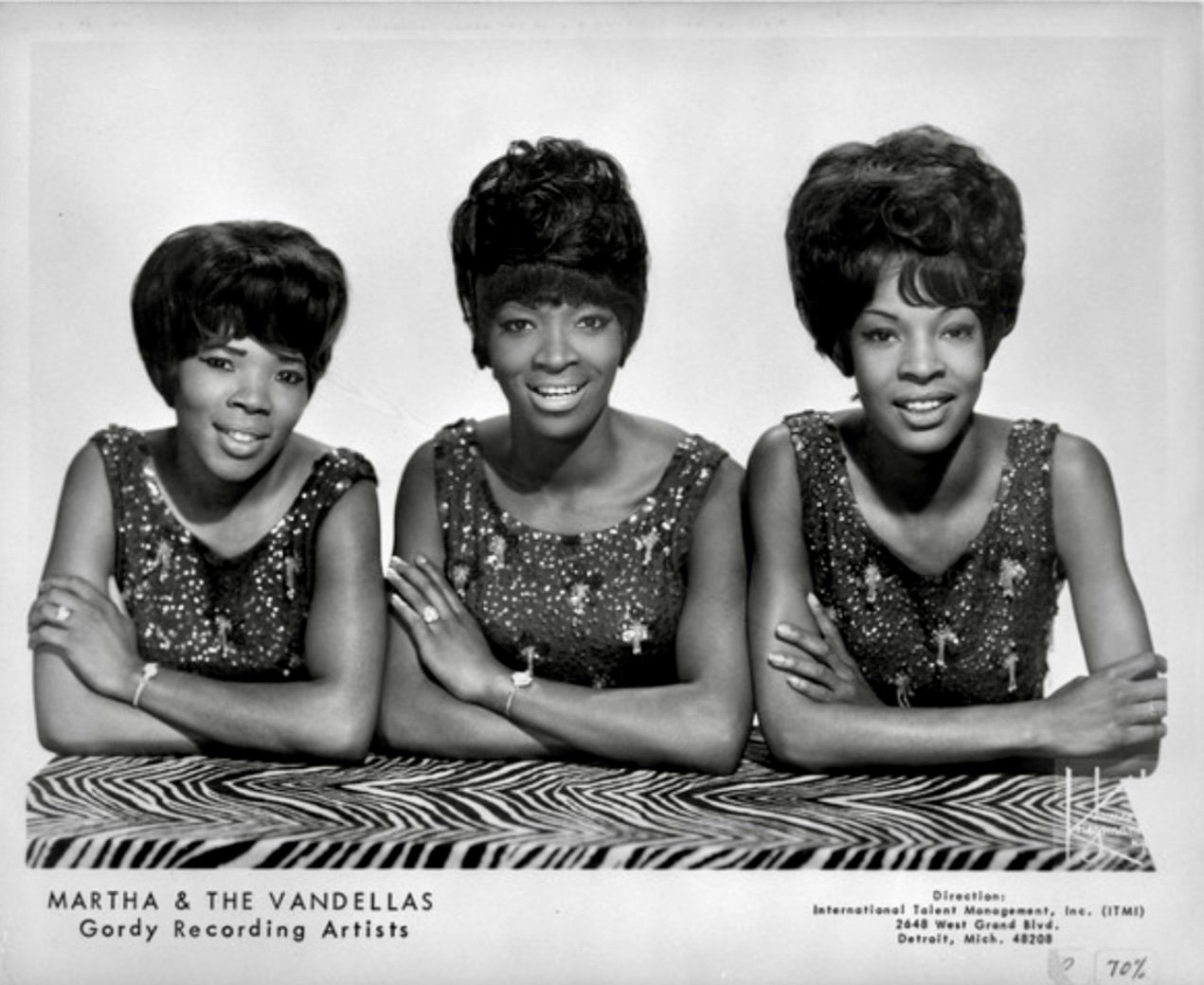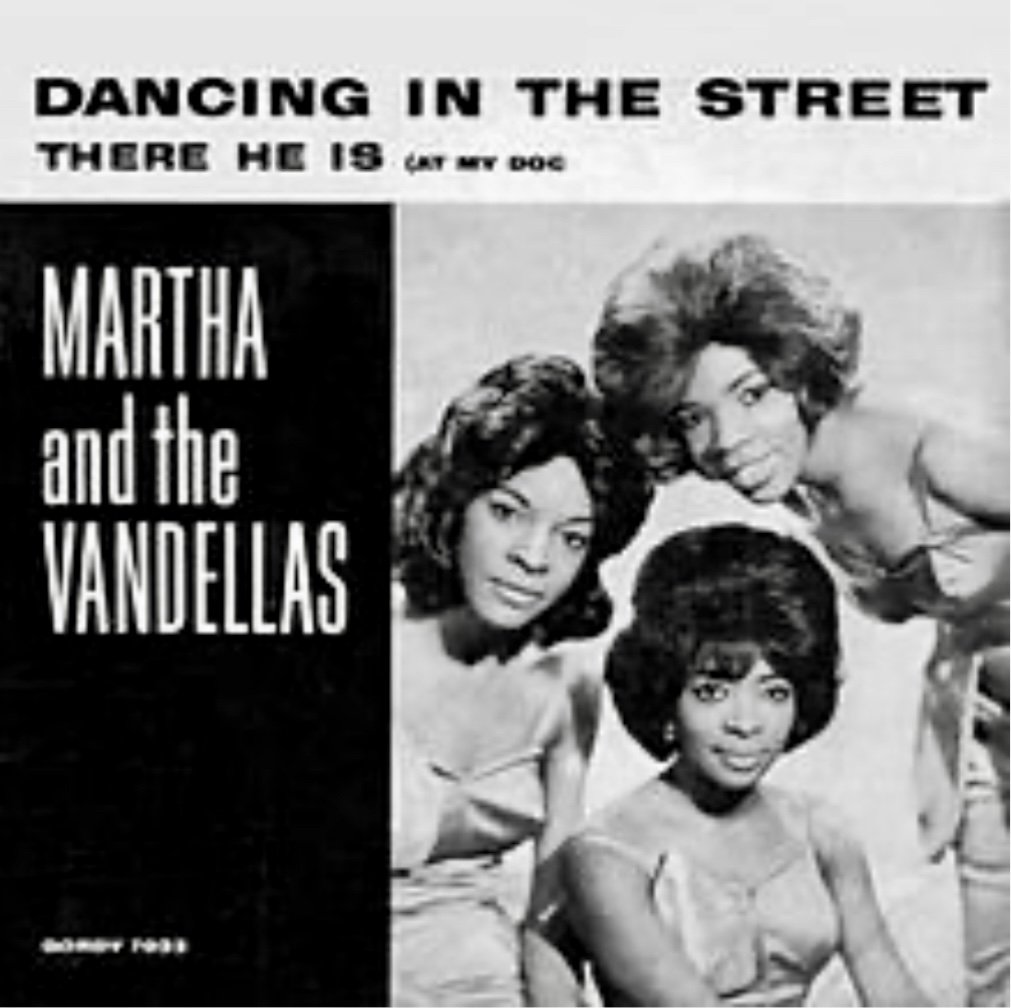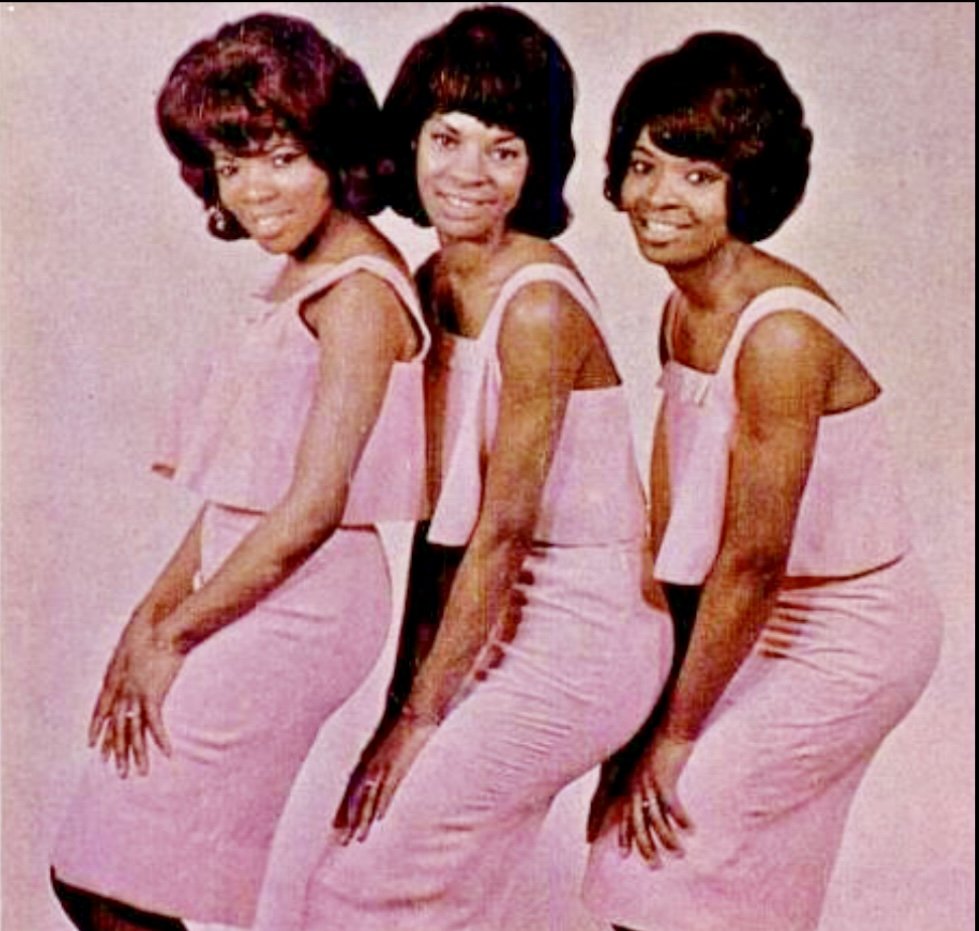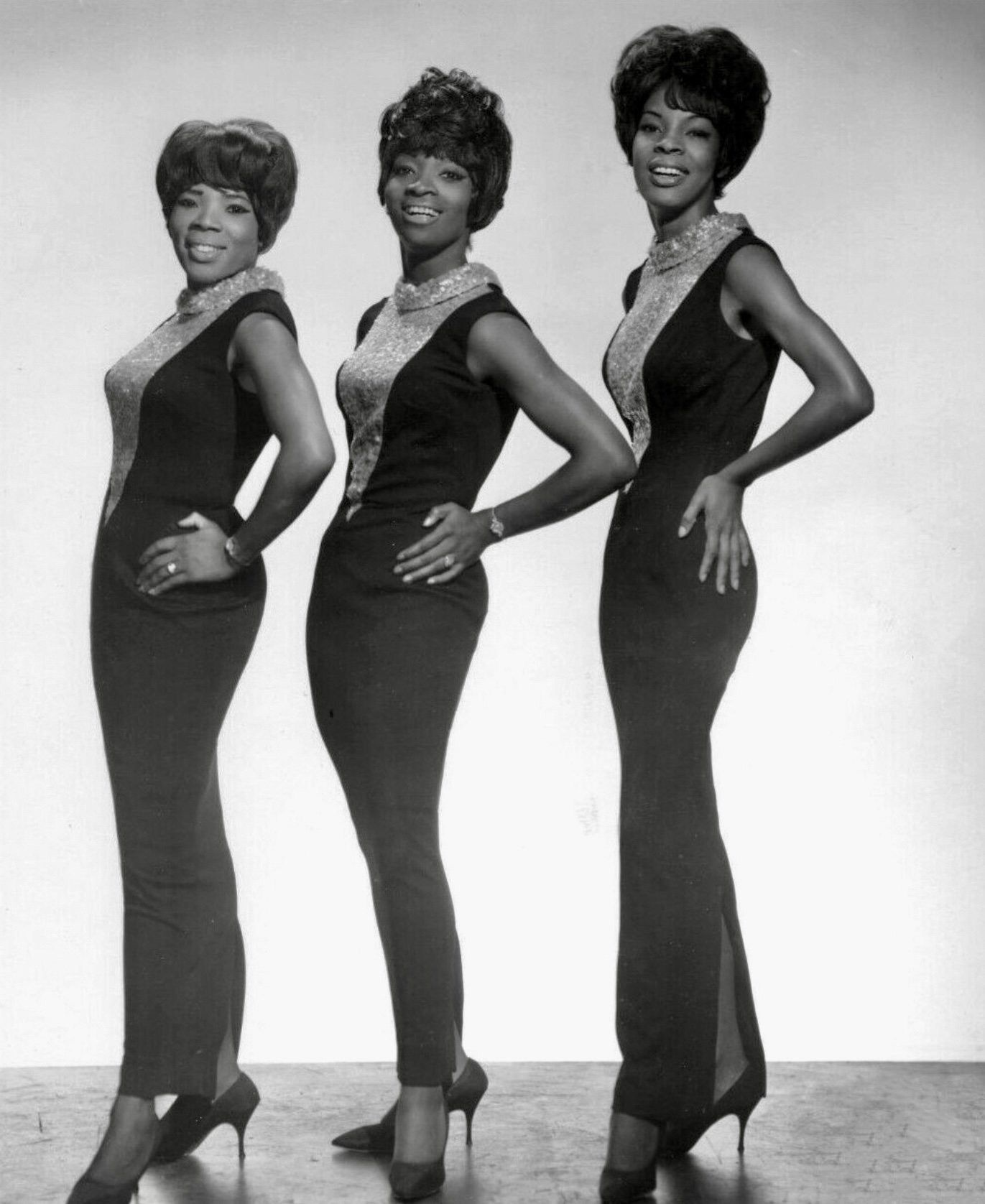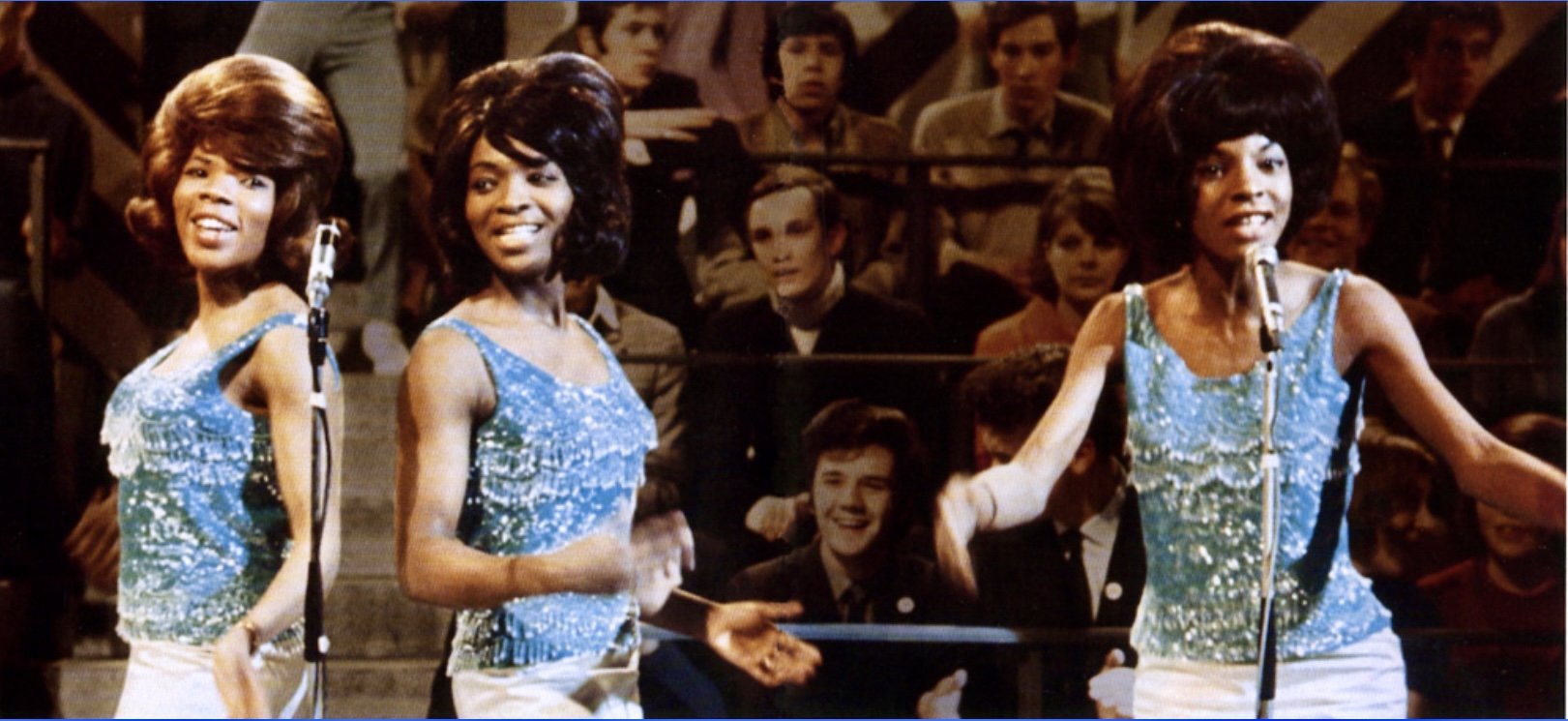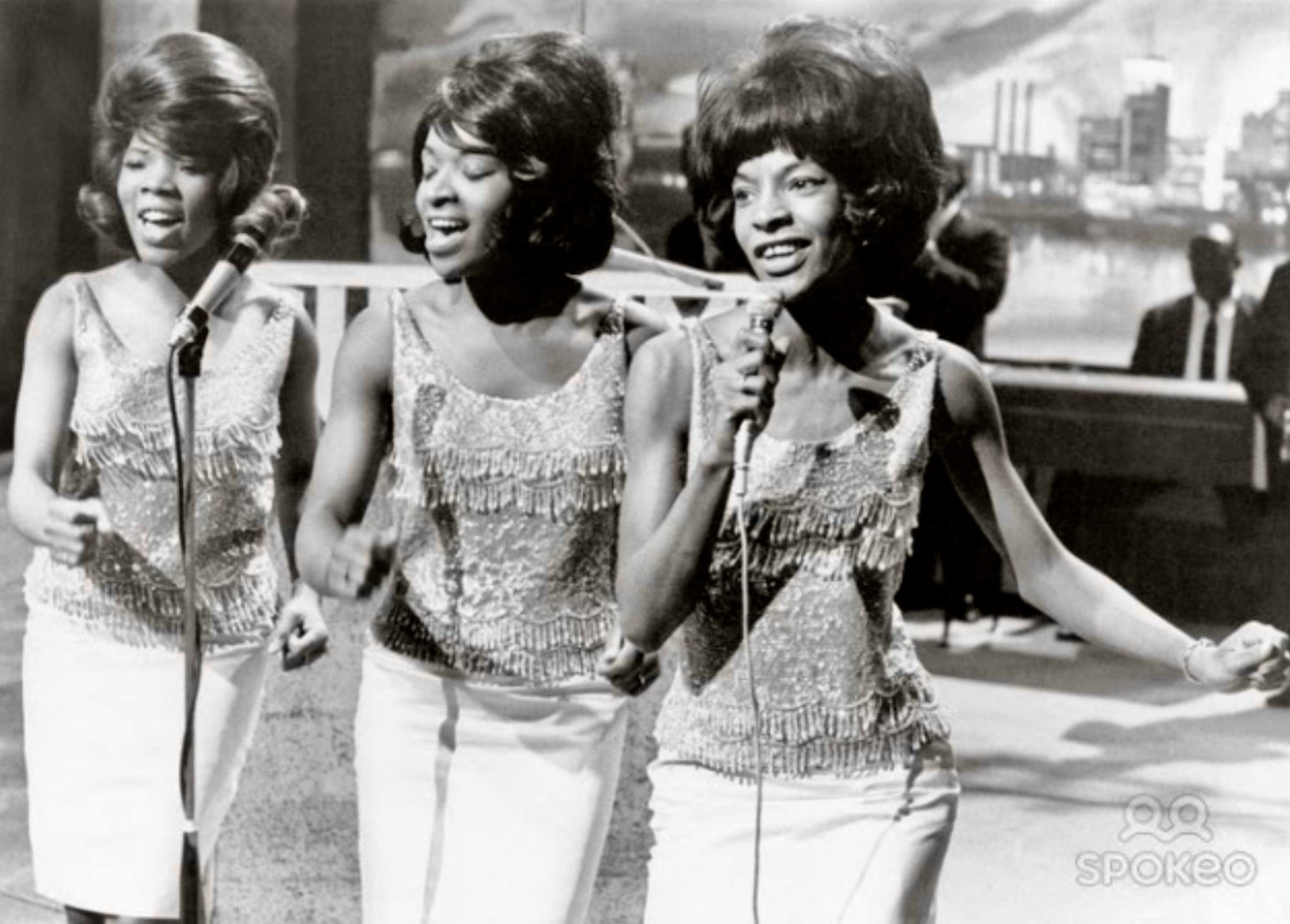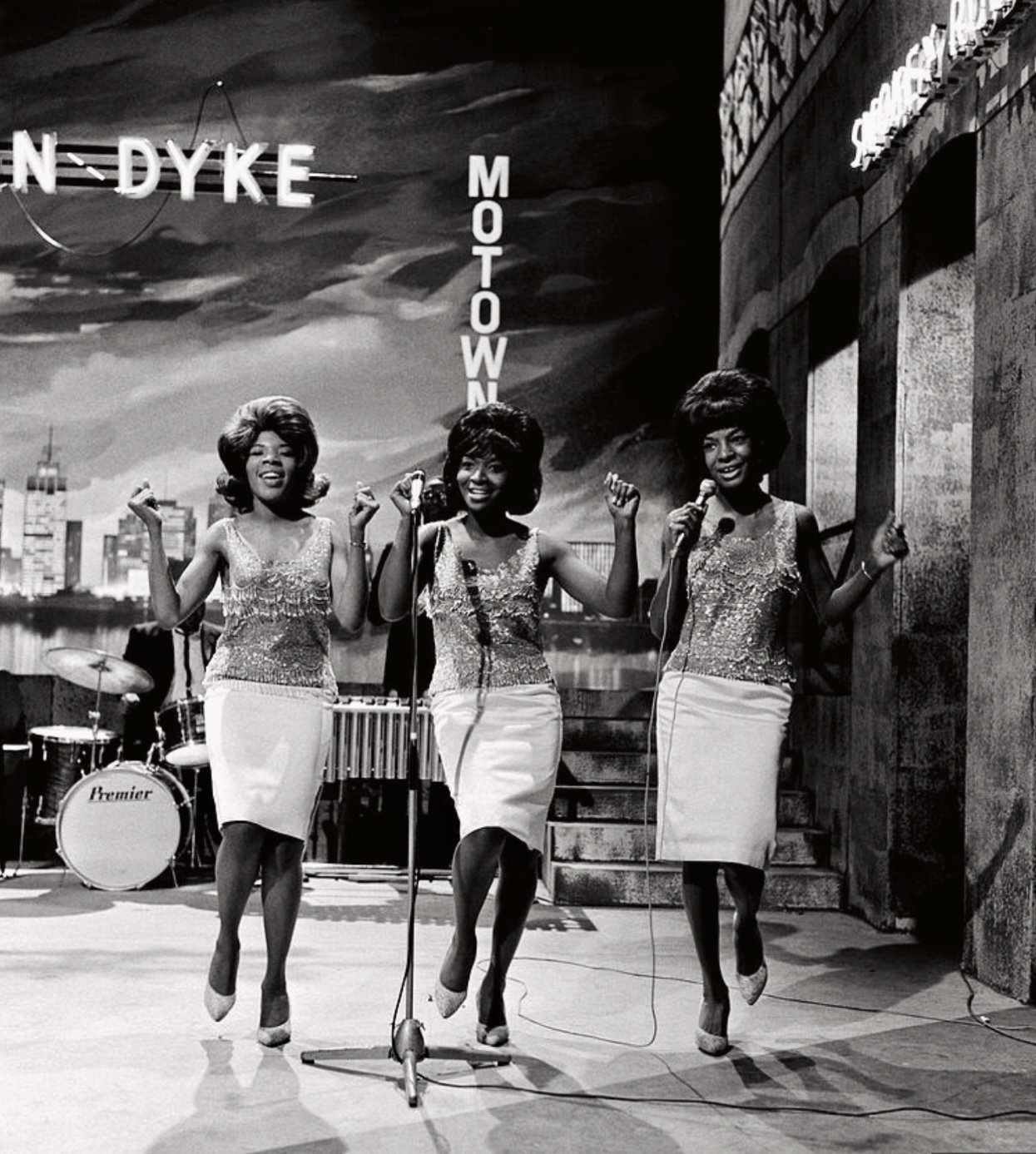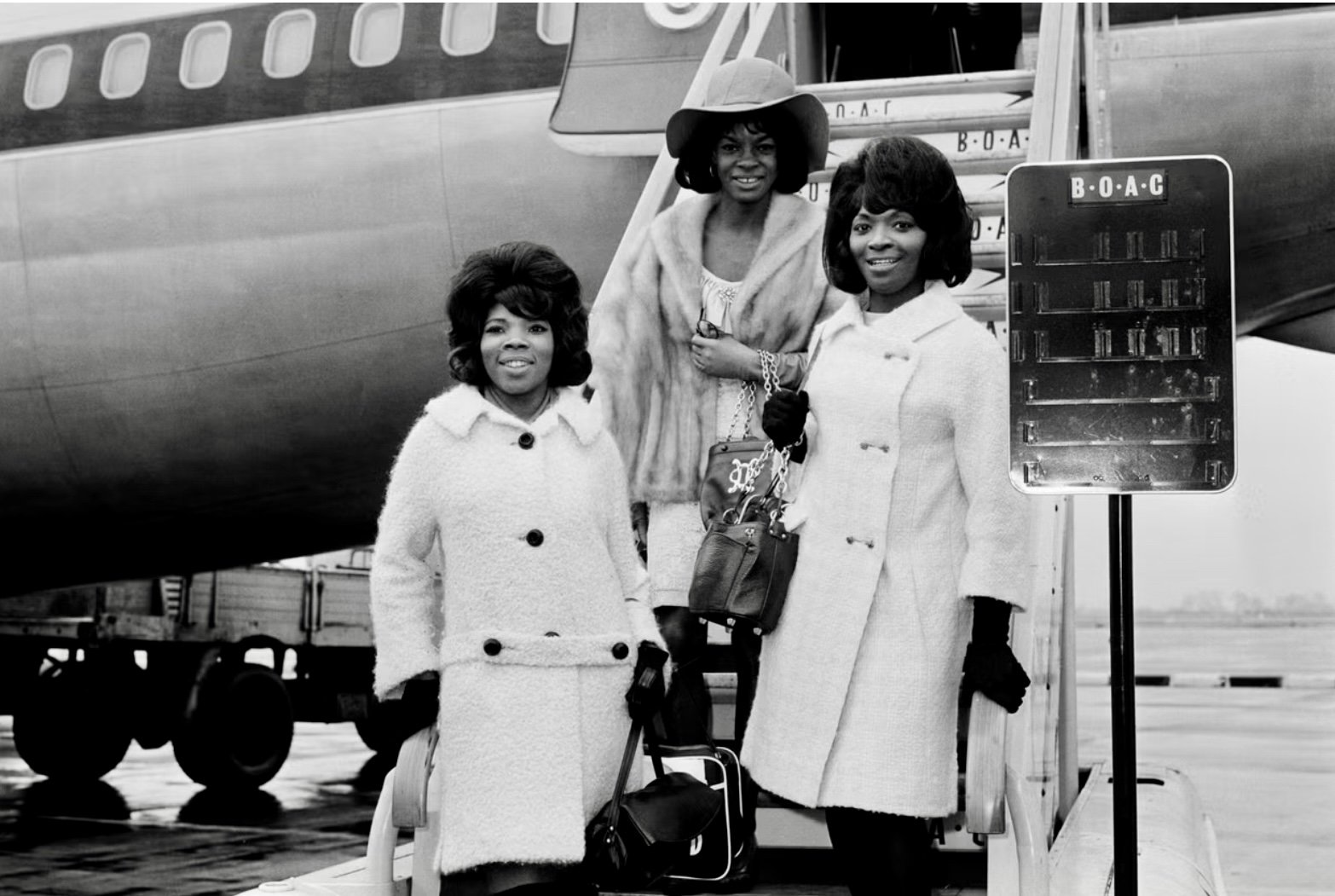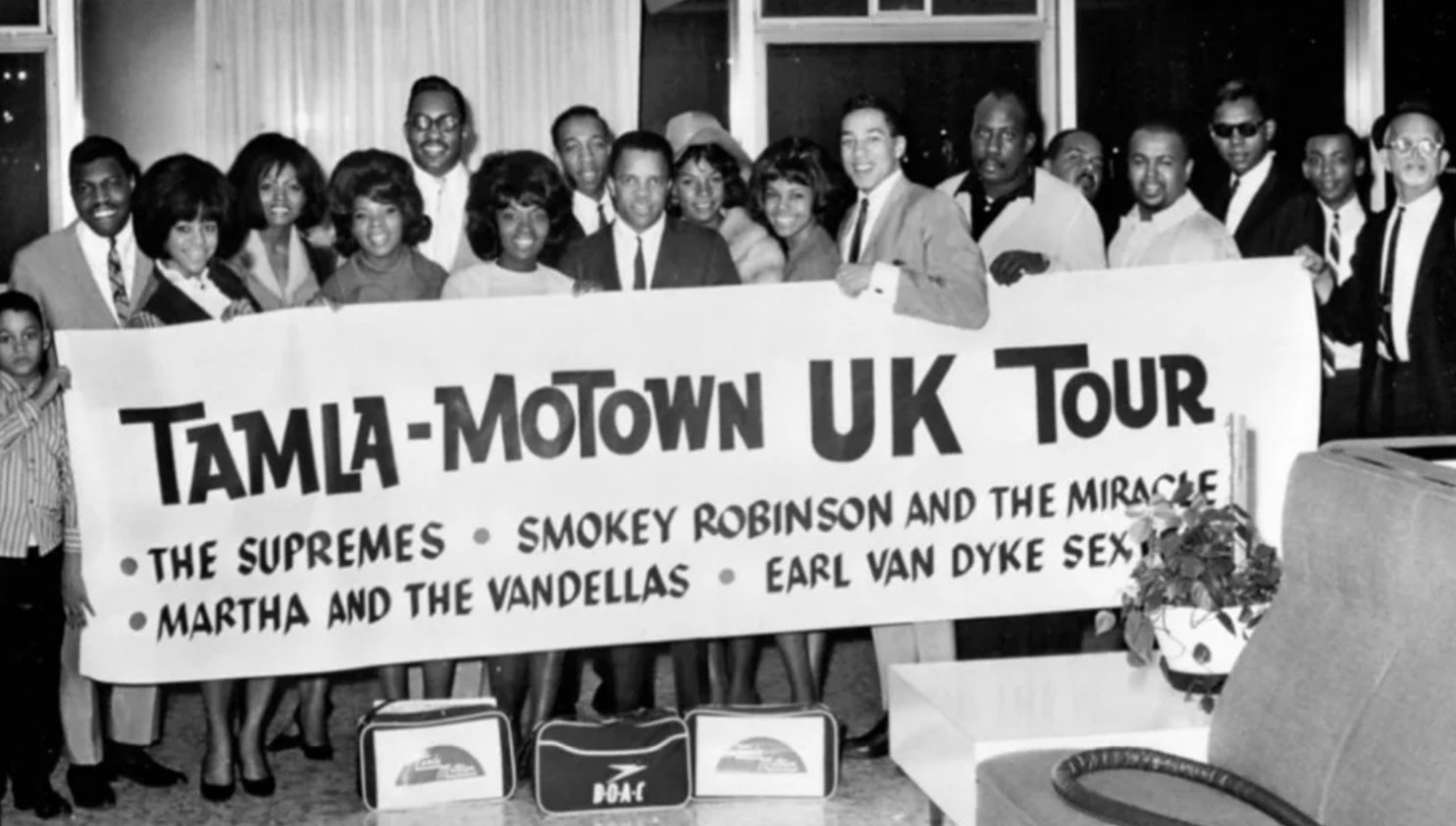Images may be subject to copyright
On this Day, 26 July 1963, legendary American singer Nat King Cole played Cardiff’s Capitol Theatre, with support provided by Ted Heath & His Music.
Nat King Cole, was a singer, jazz pianist, and actor and recorded over 100 songs that became hits on the pop charts.
Cole's shift to traditional pop led some jazz critics and fans to accuse him of selling out, but he never abandoned his jazz roots; as late as 1956 he recorded an all-jazz album, After Midnight, and many of his albums after this are fundamentally jazz-based, being scored for big band without strings, although the arrangements focus primarily on the vocal rather than instrumental leads.
Cole had one of his last major hits in 1963, two years before his death, with "Those Lazy-Hazy-Crazy Days of Summer".
His trio was the model for small jazz ensembles that followed.
Cole also acted in films and on television and performed on Broadway. He was the first African-American man to host an American television series.
Until his death in 1965, Cole was an active and visible participant in the civil rights movement, playing an important role in planning the March on Washington in 1963.
In August 1948, Cole purchased a house from Col. Harry Gantz, the former husband of the silent film actress Lois Weber, in the all-white Hancock Park neighborhood of Los Angeles. The Ku Klux Klan, which was active in Los Angeles in the 1950s, responded by placing a burning cross on his front lawn.
Members of the property-owners association told Cole they did not want any "undesirables" moving into the neighborhood. Cole responded, "Neither do I. And if I see anybody undesirable coming in here, I'll be the first to complain."
He was the father of singer-songwriter Natalie Cole (1950–2015).




